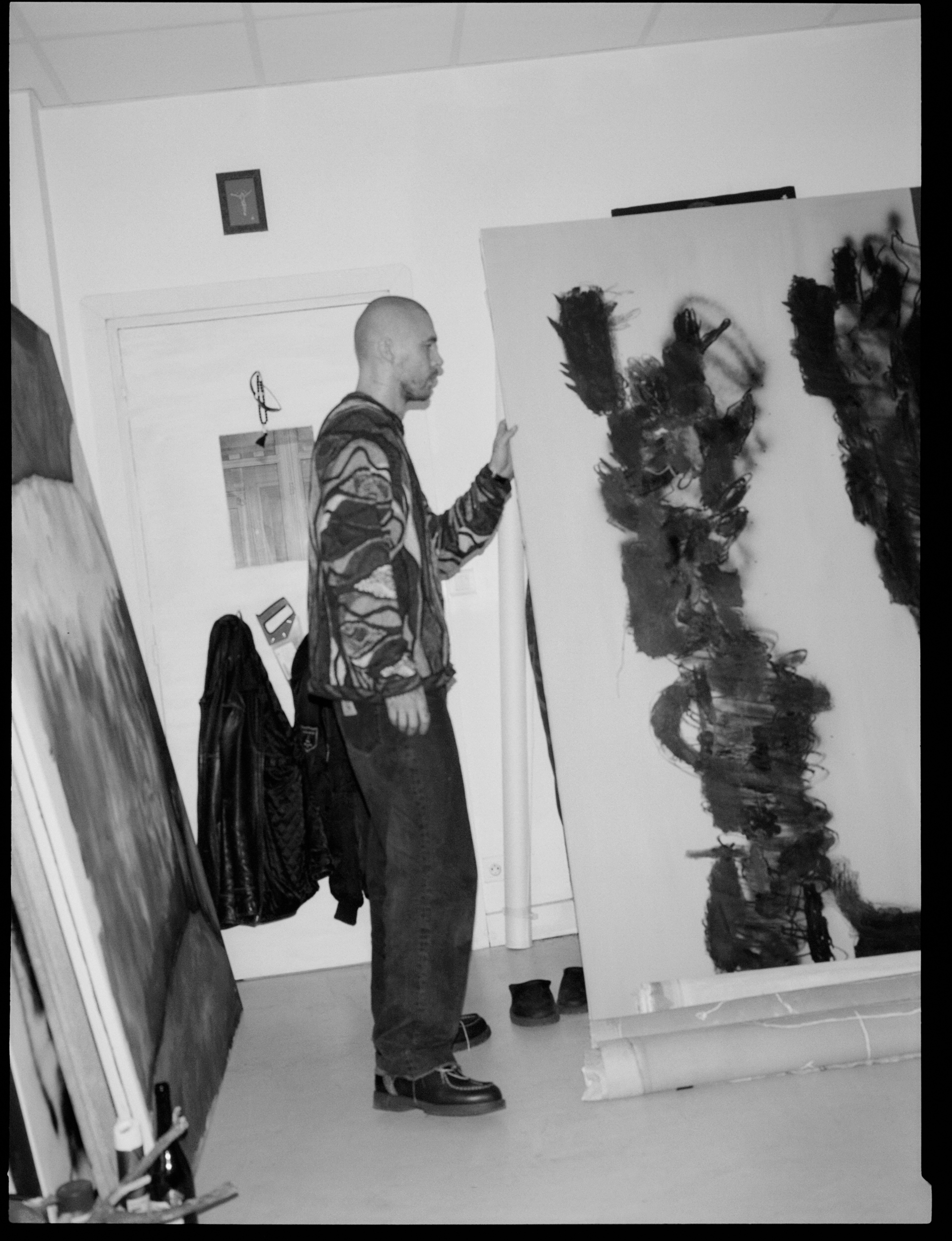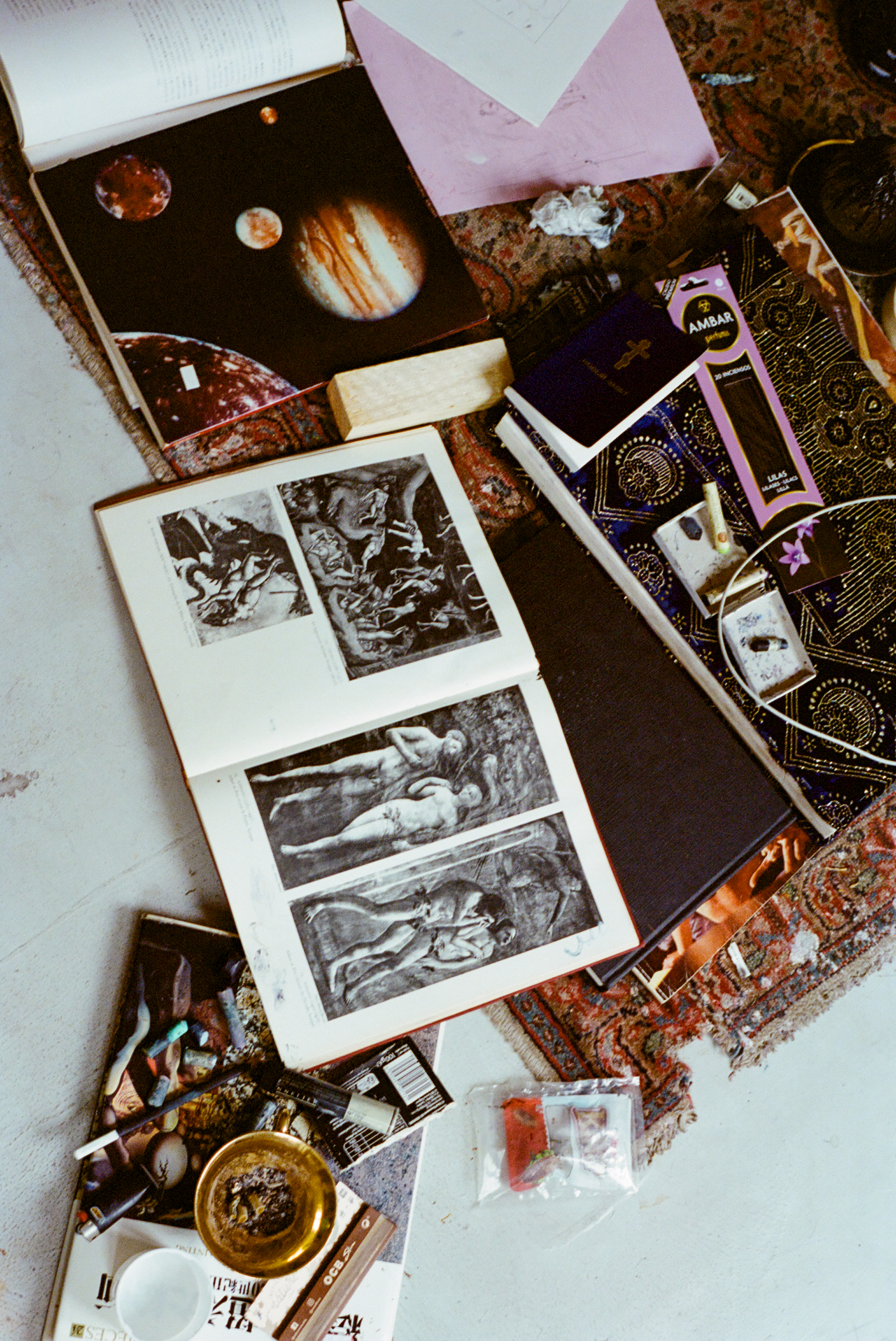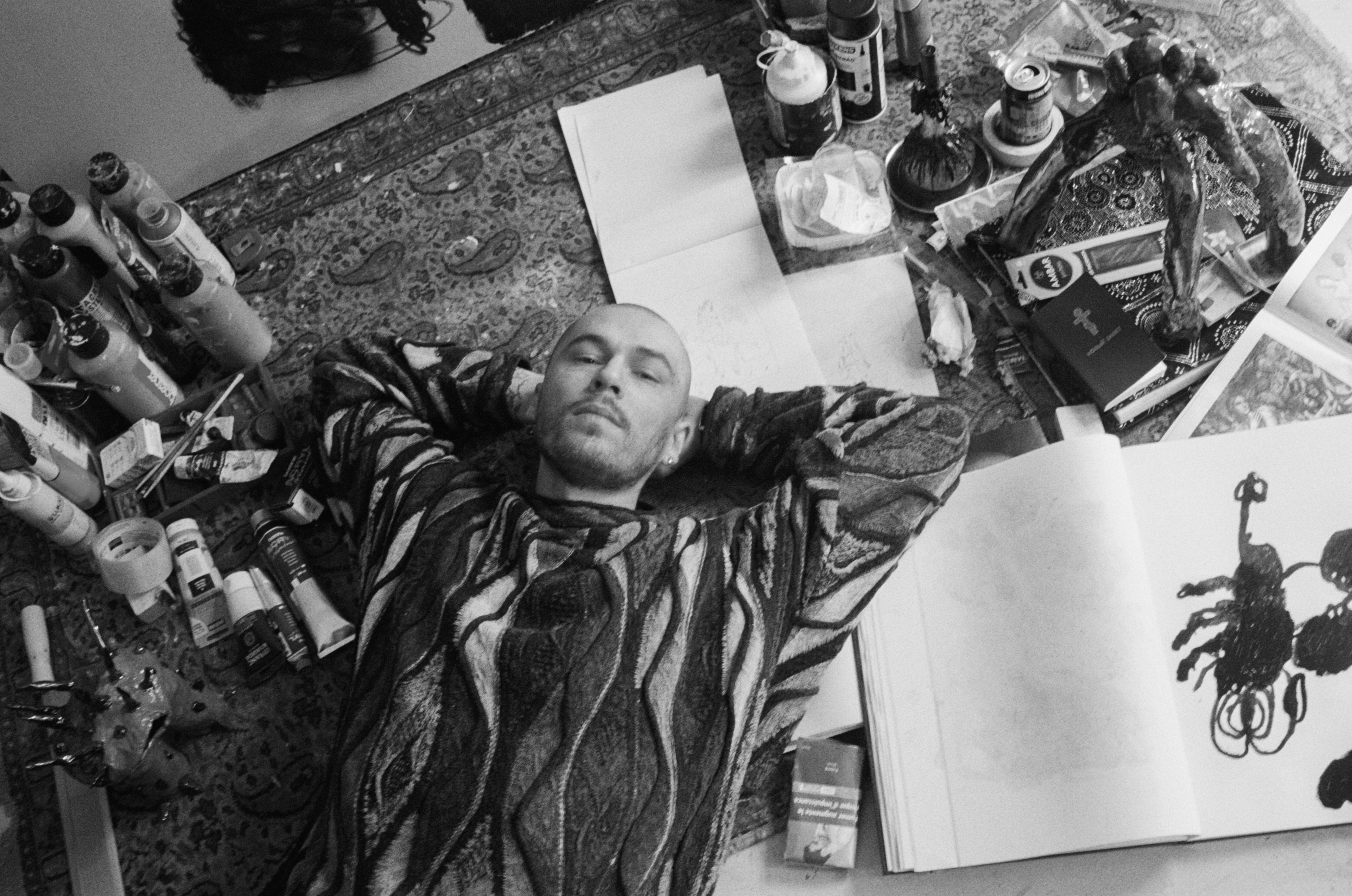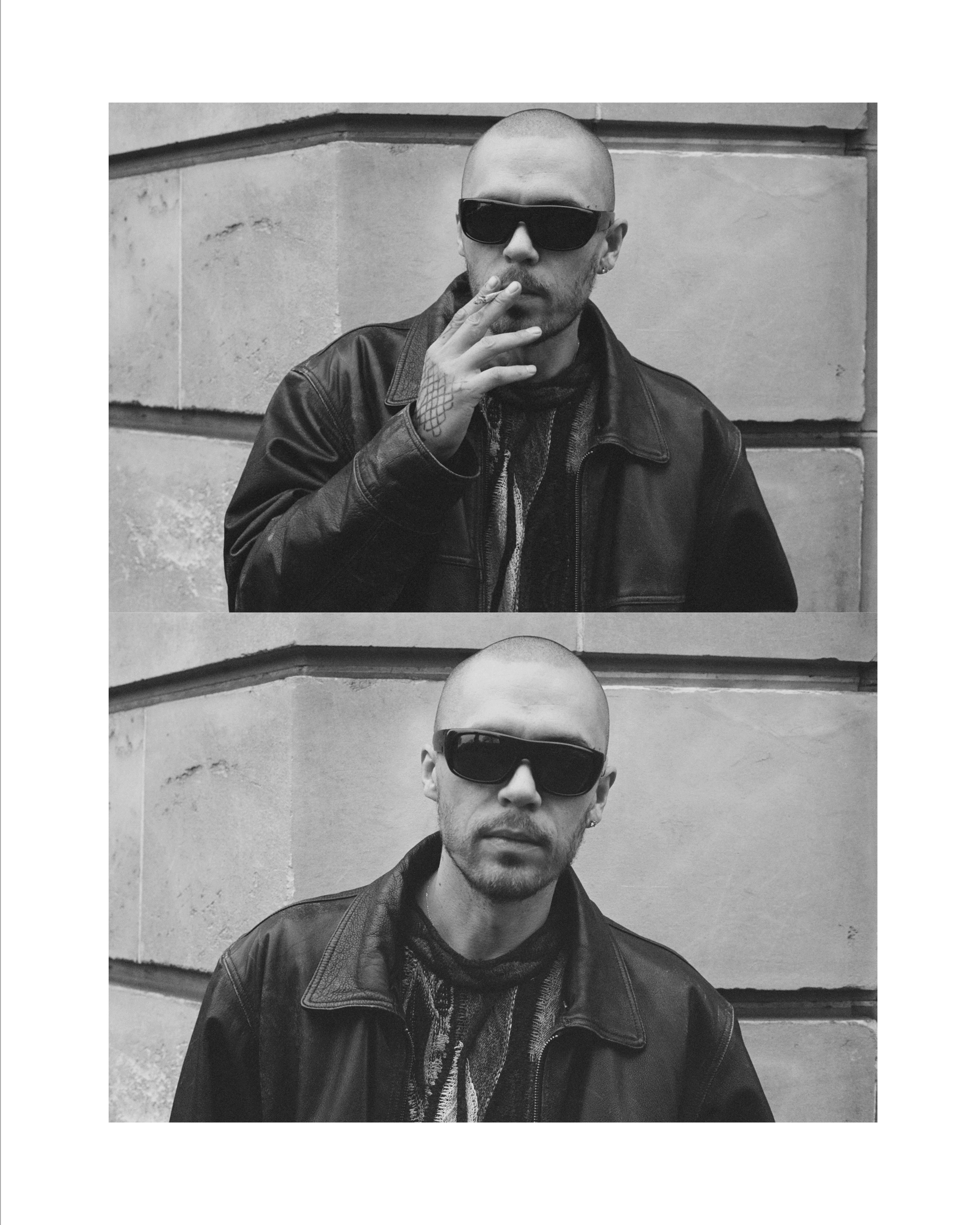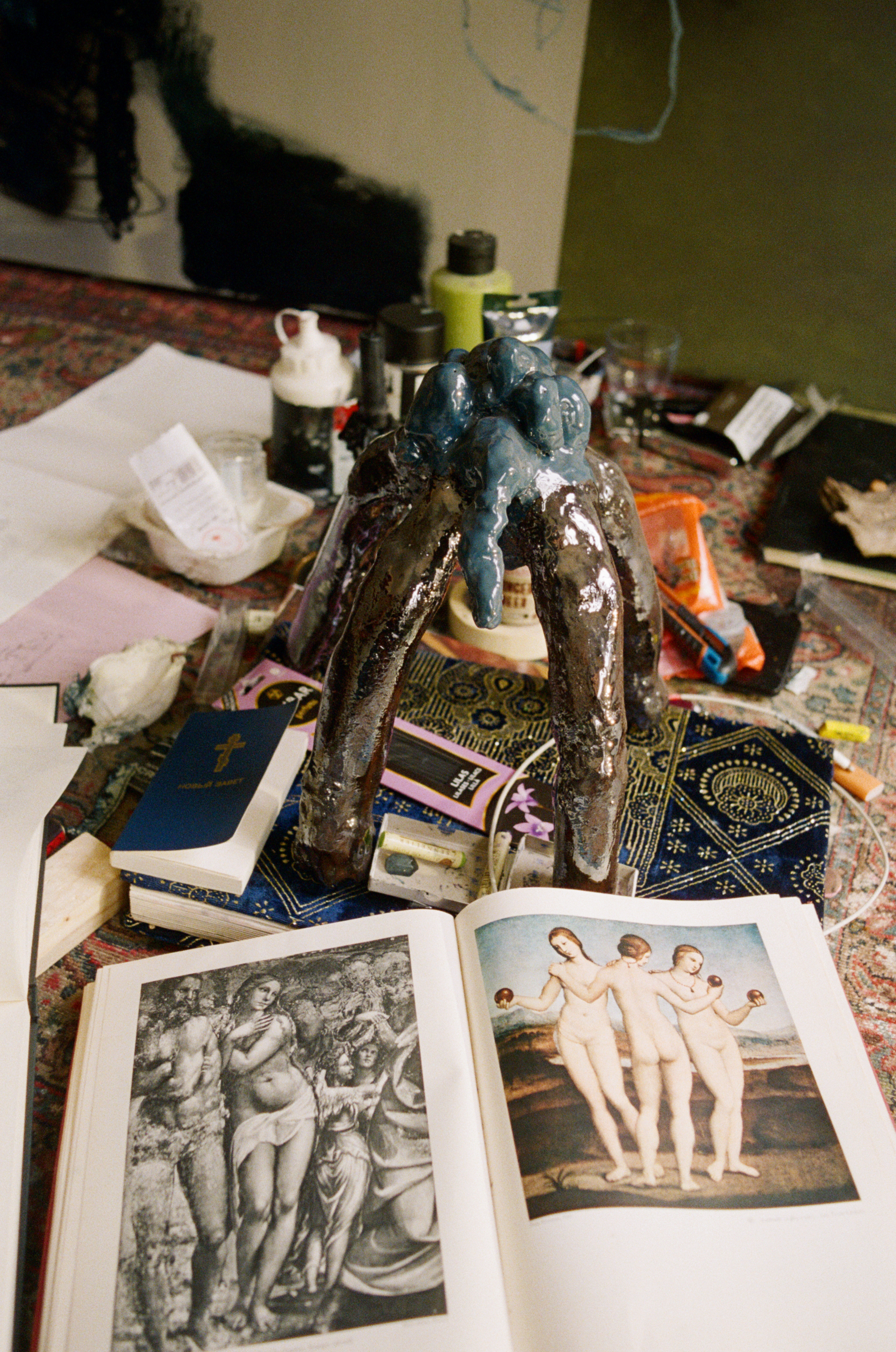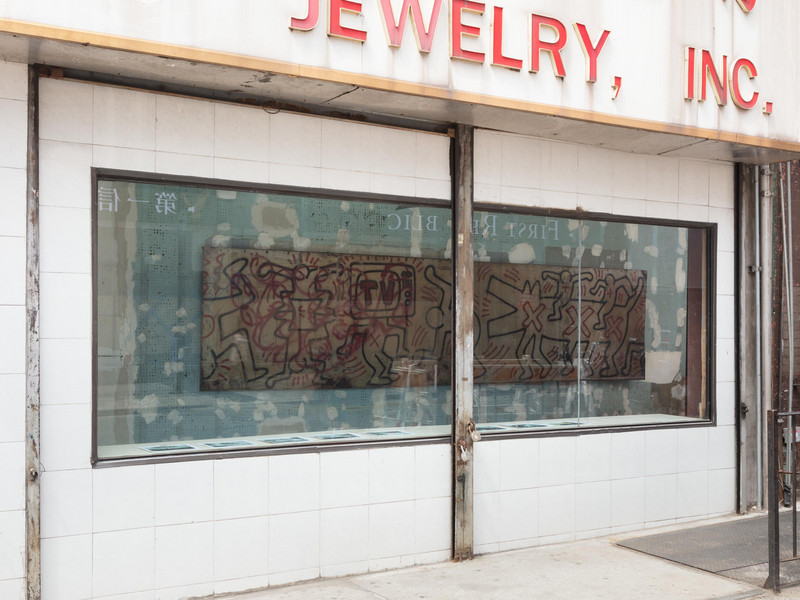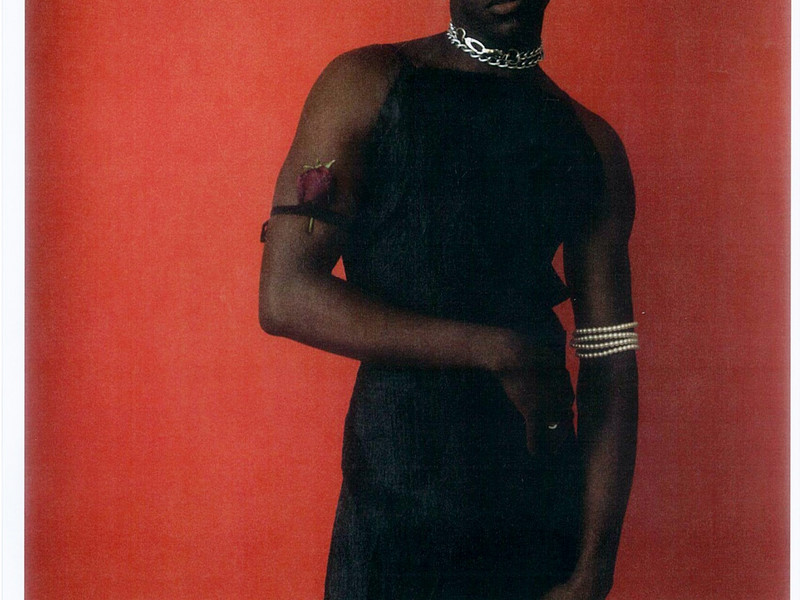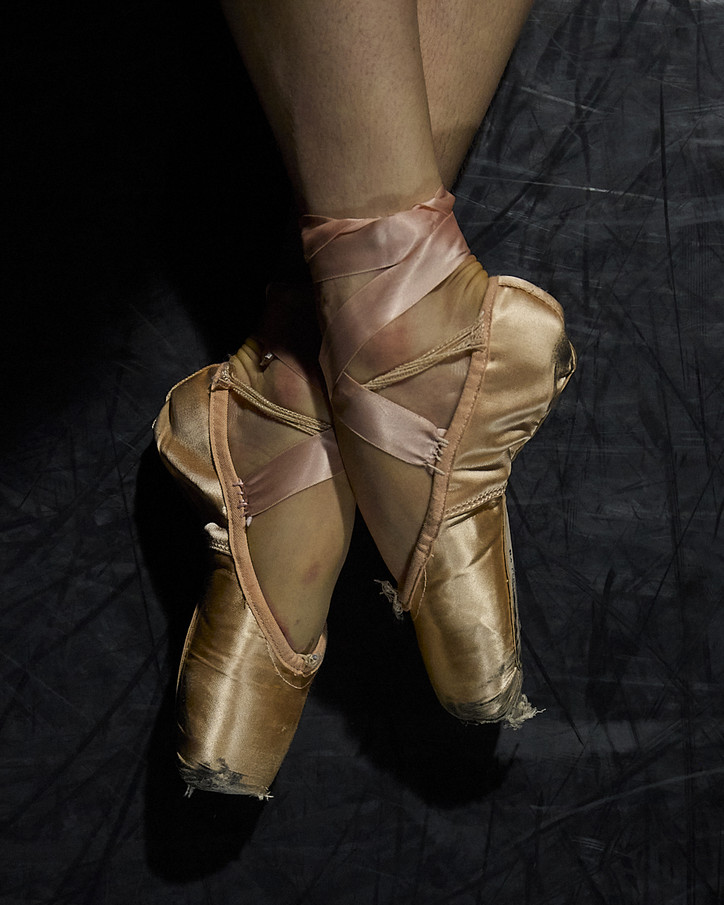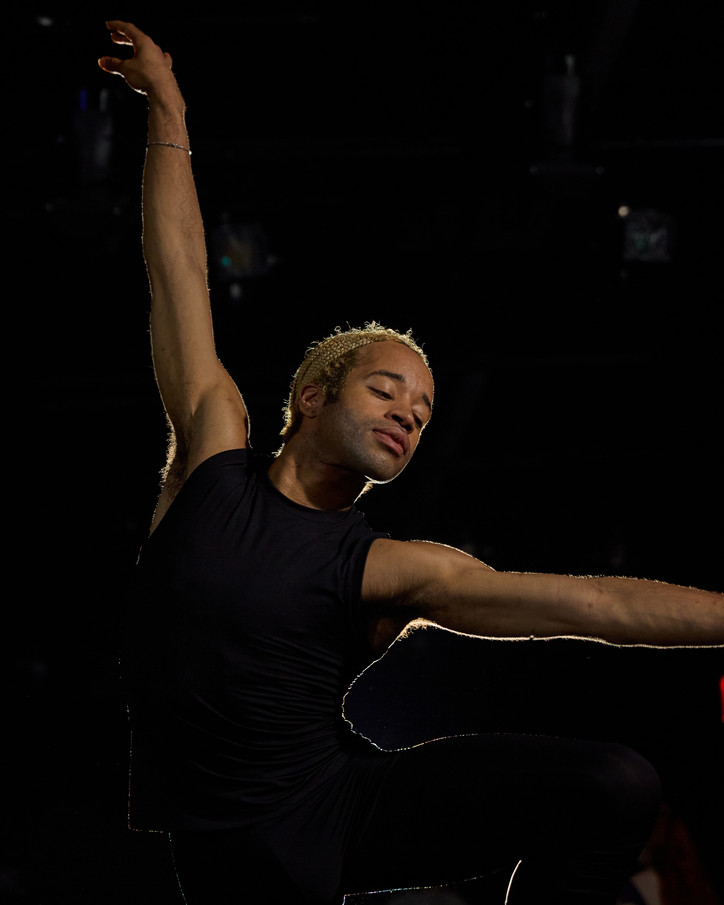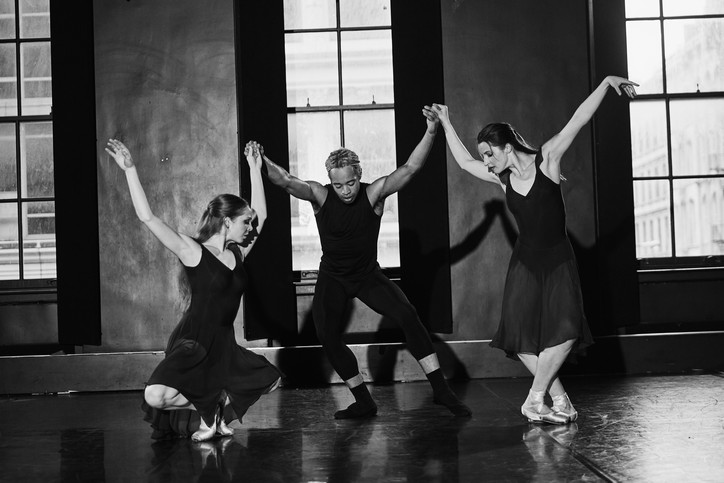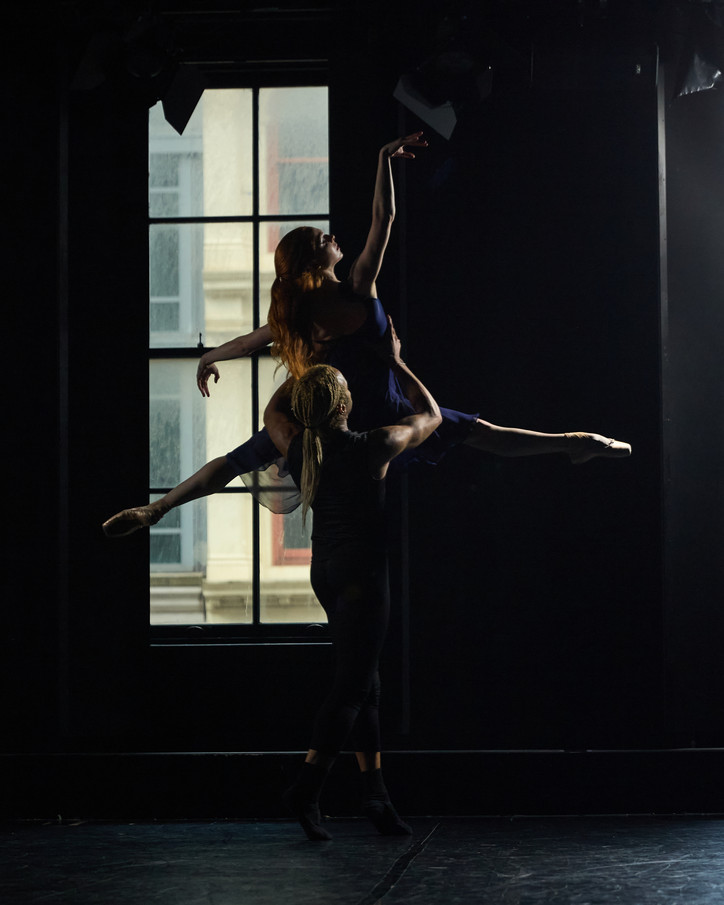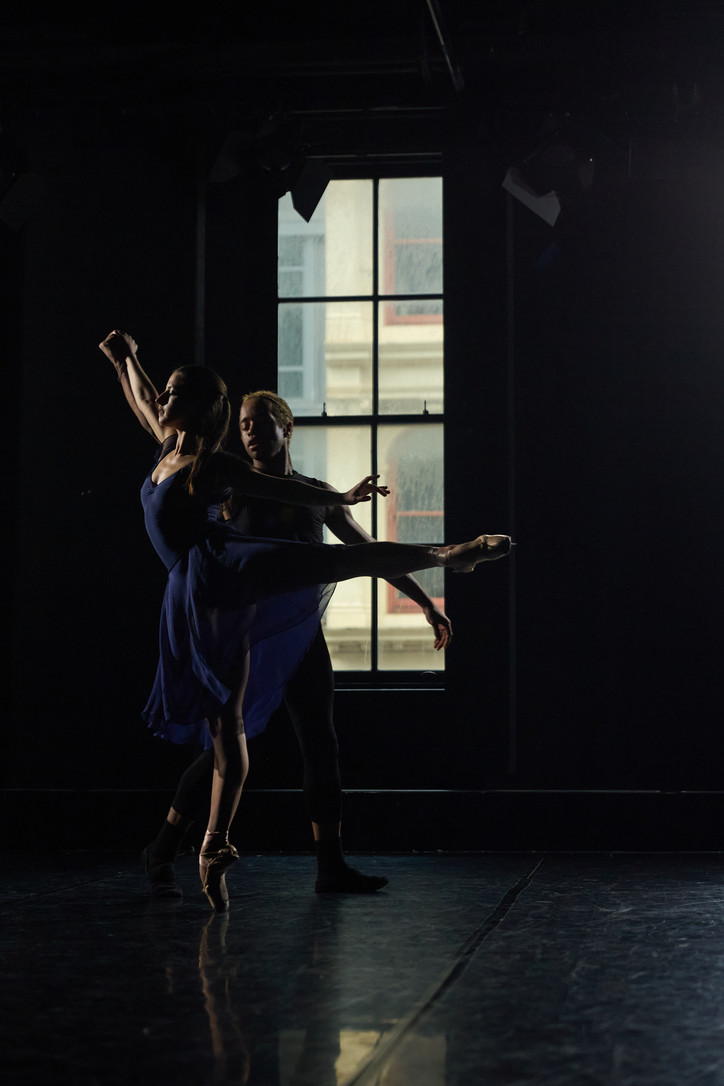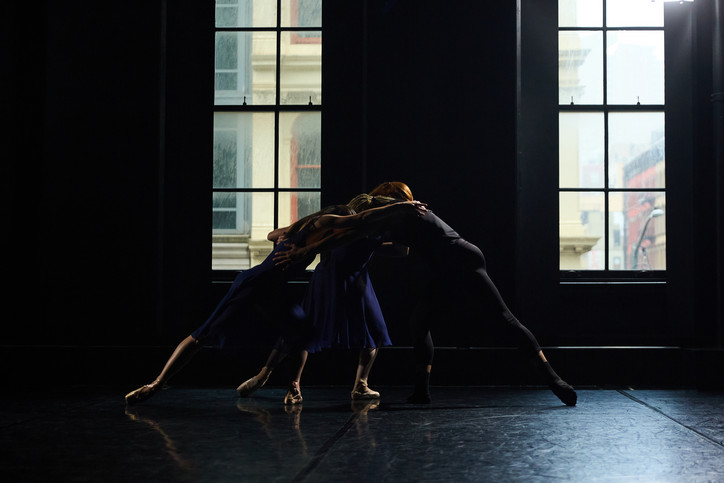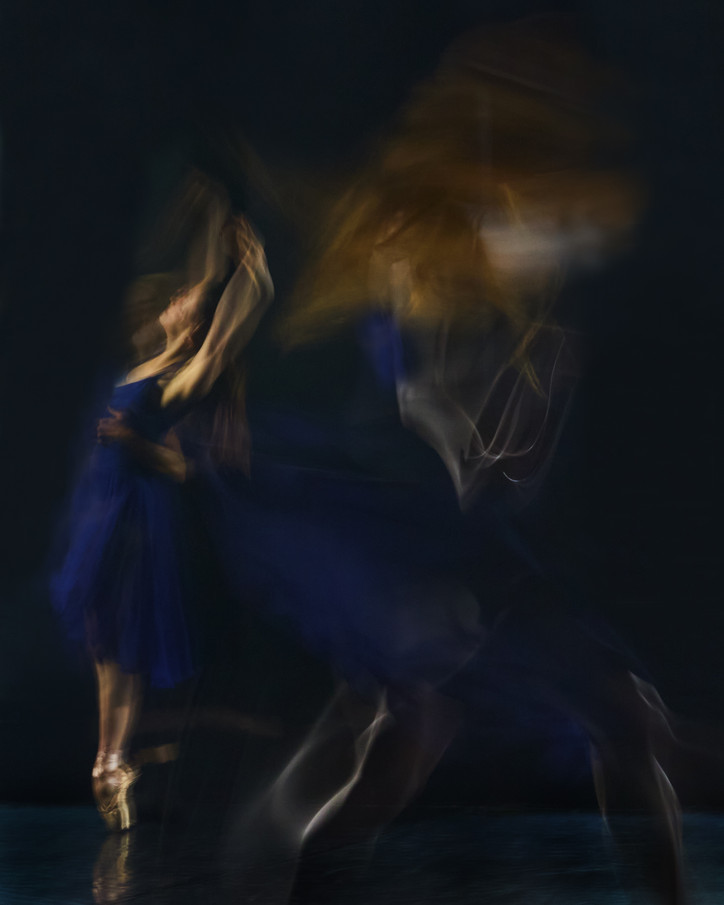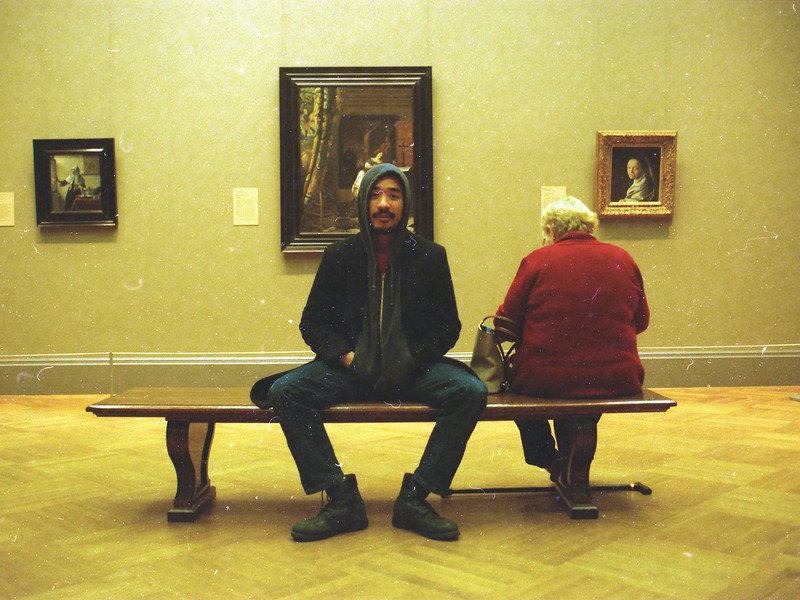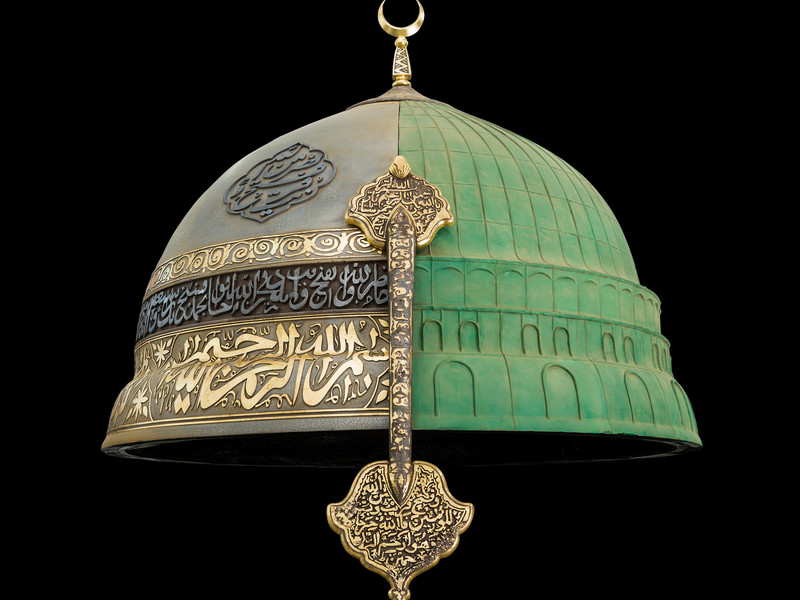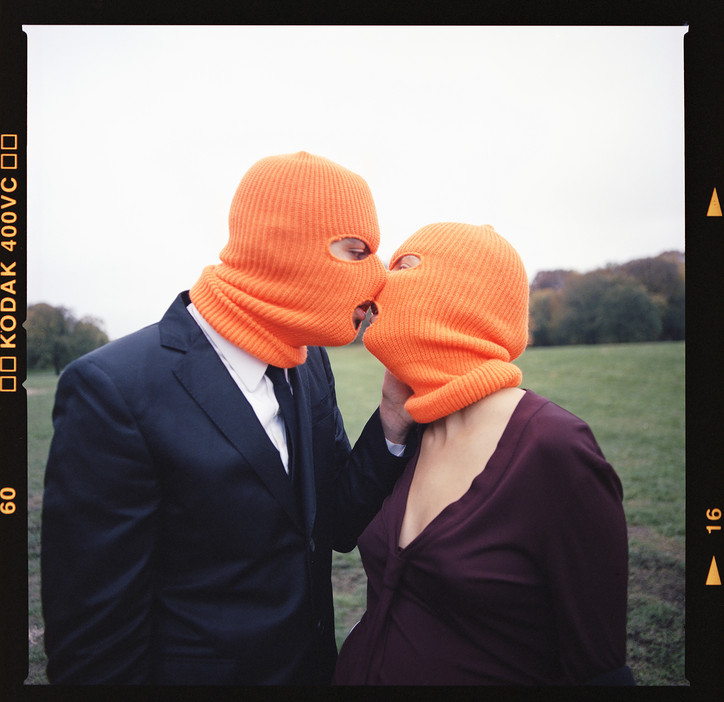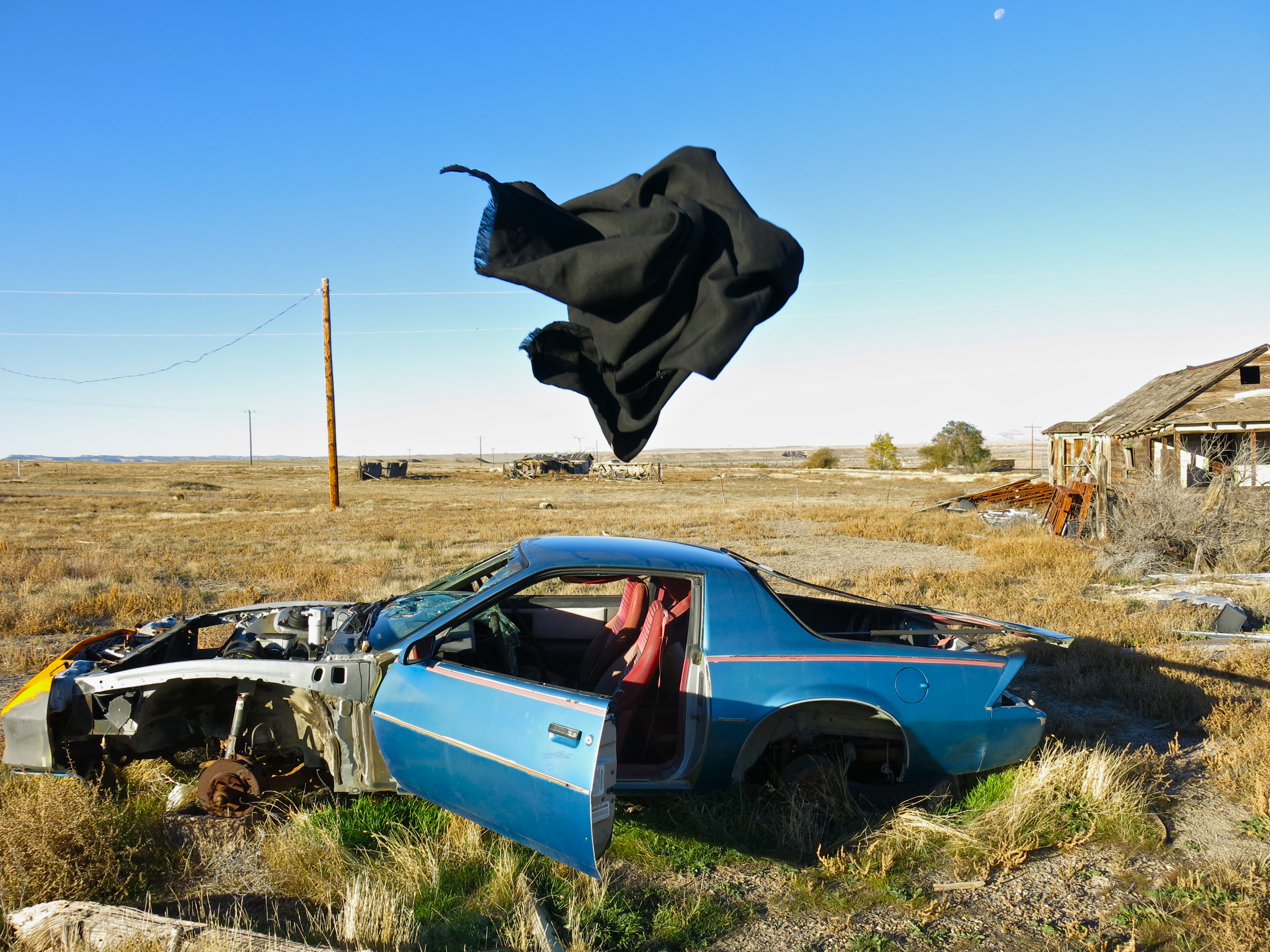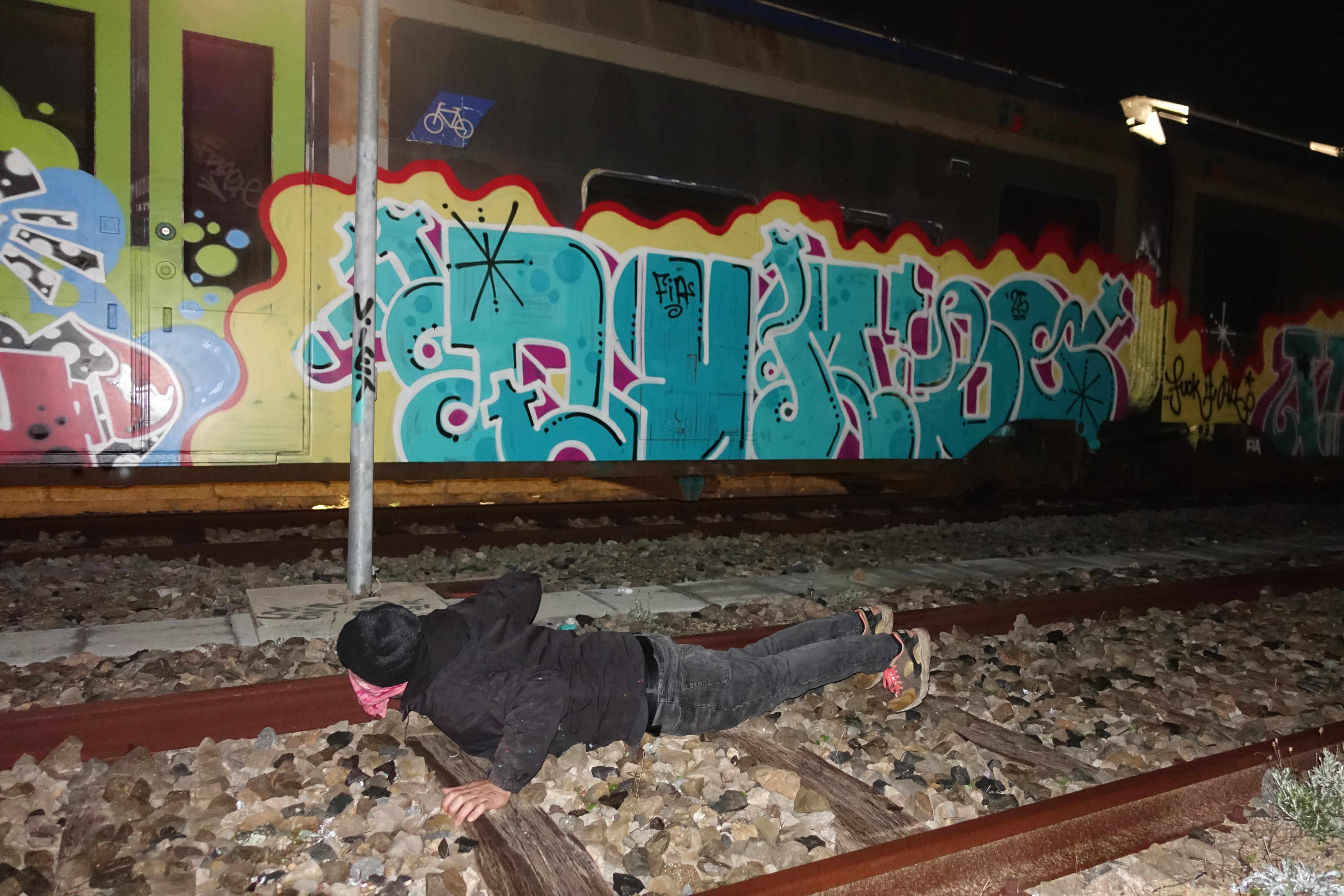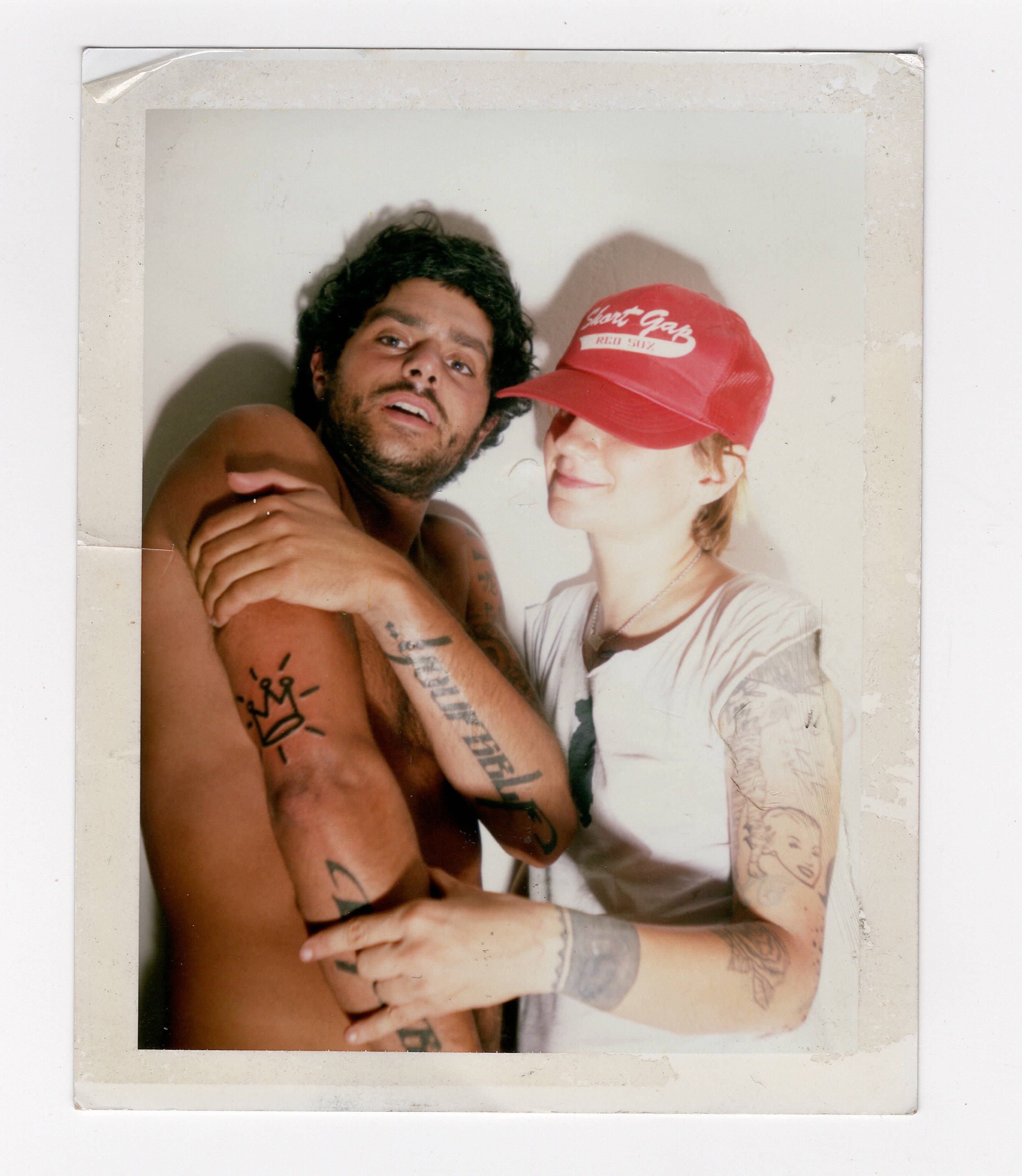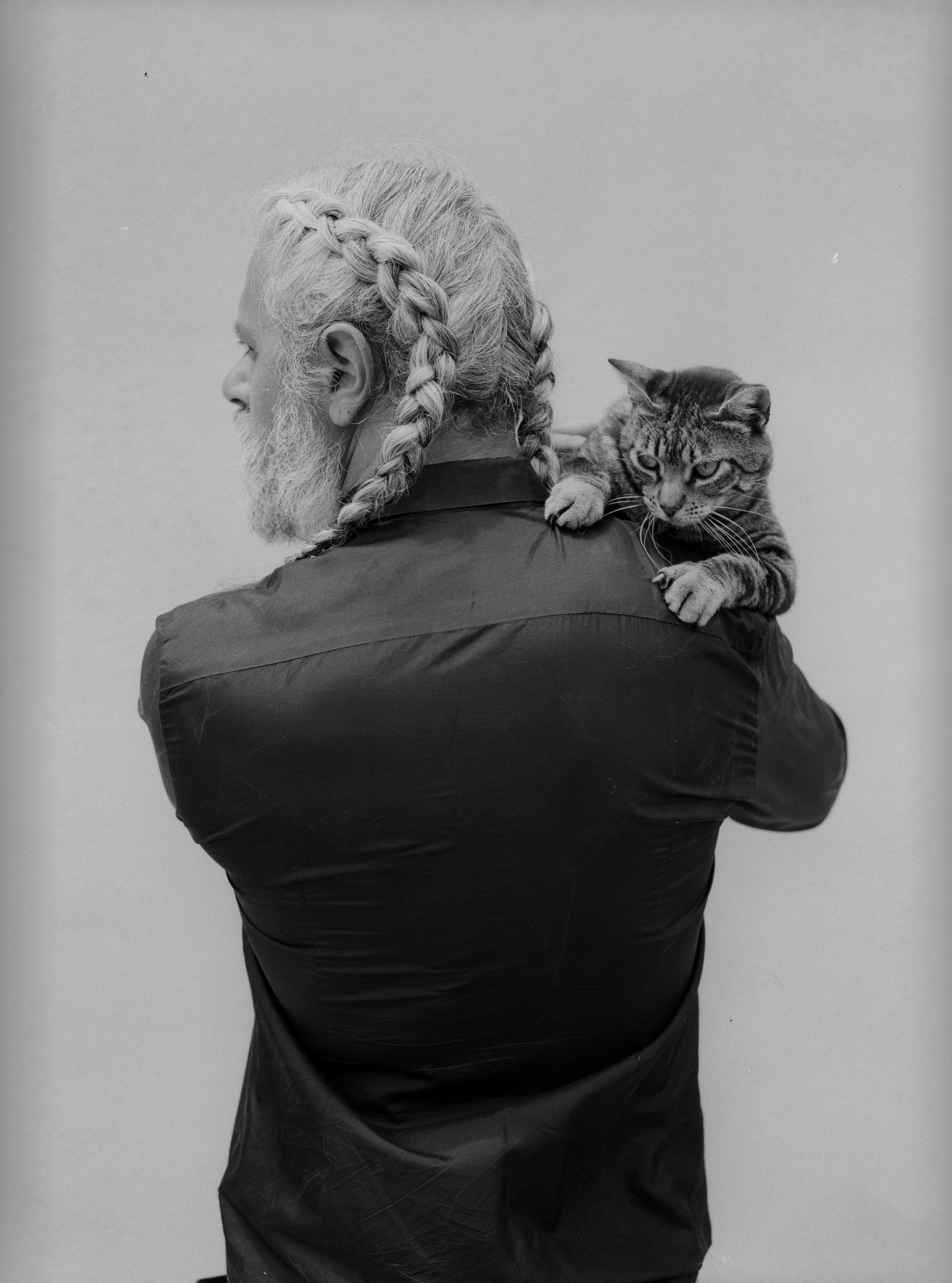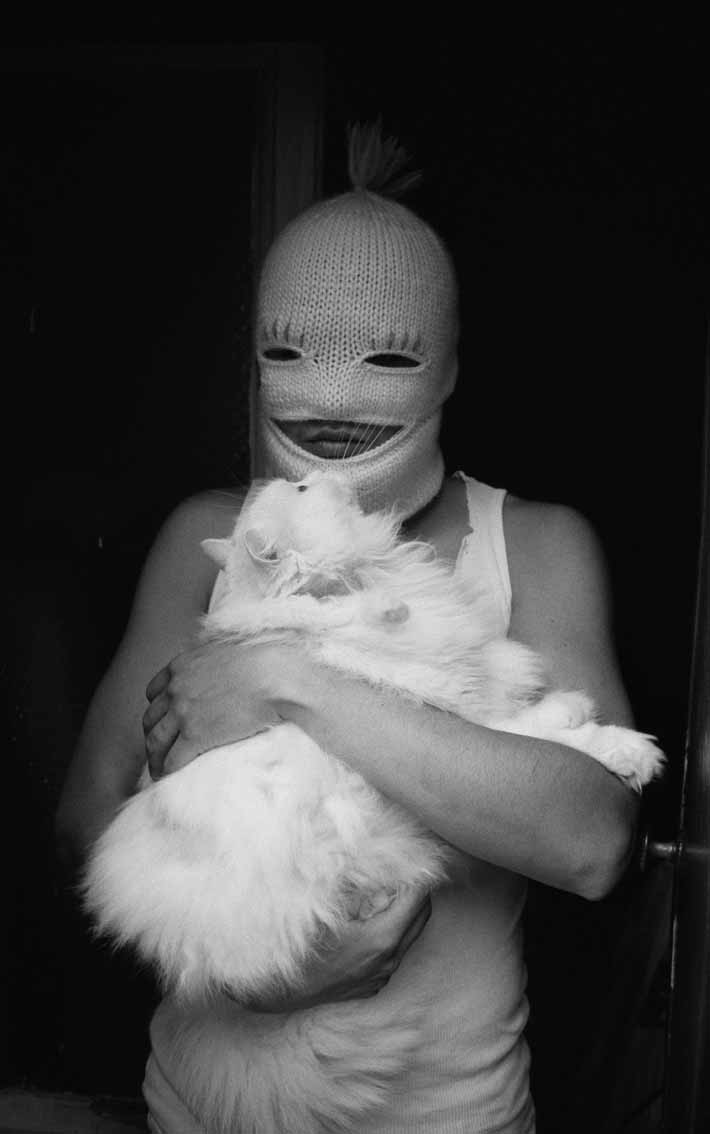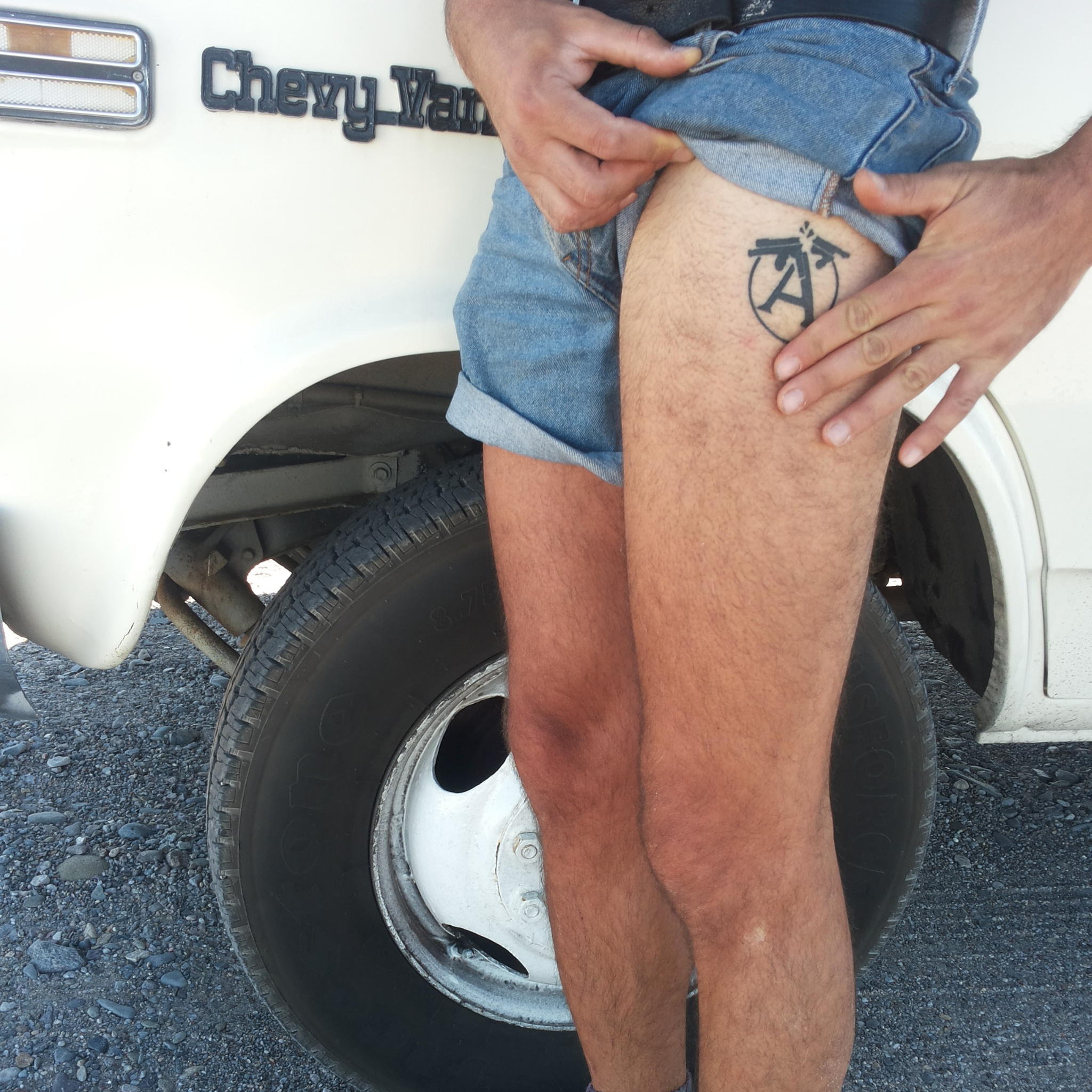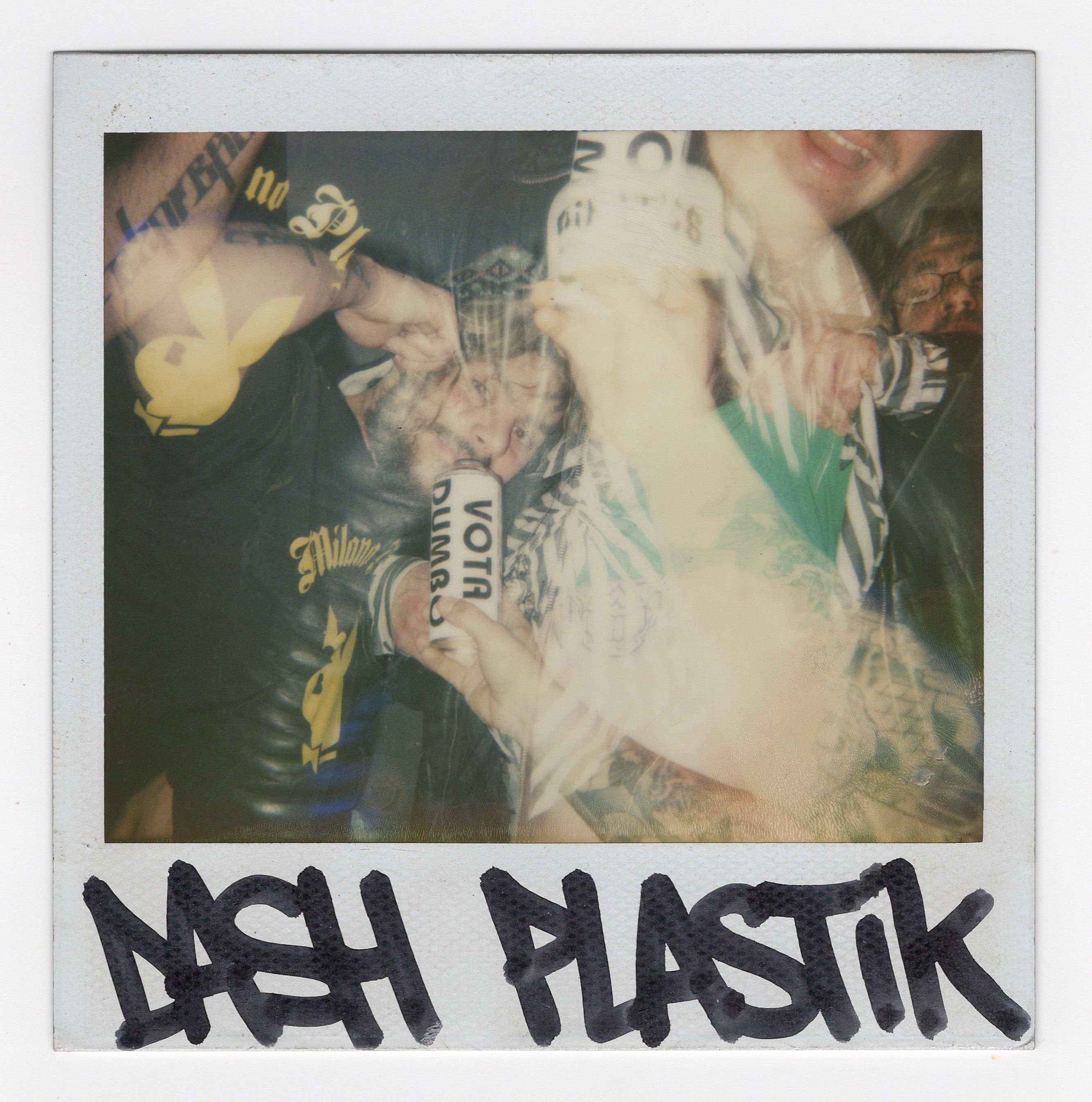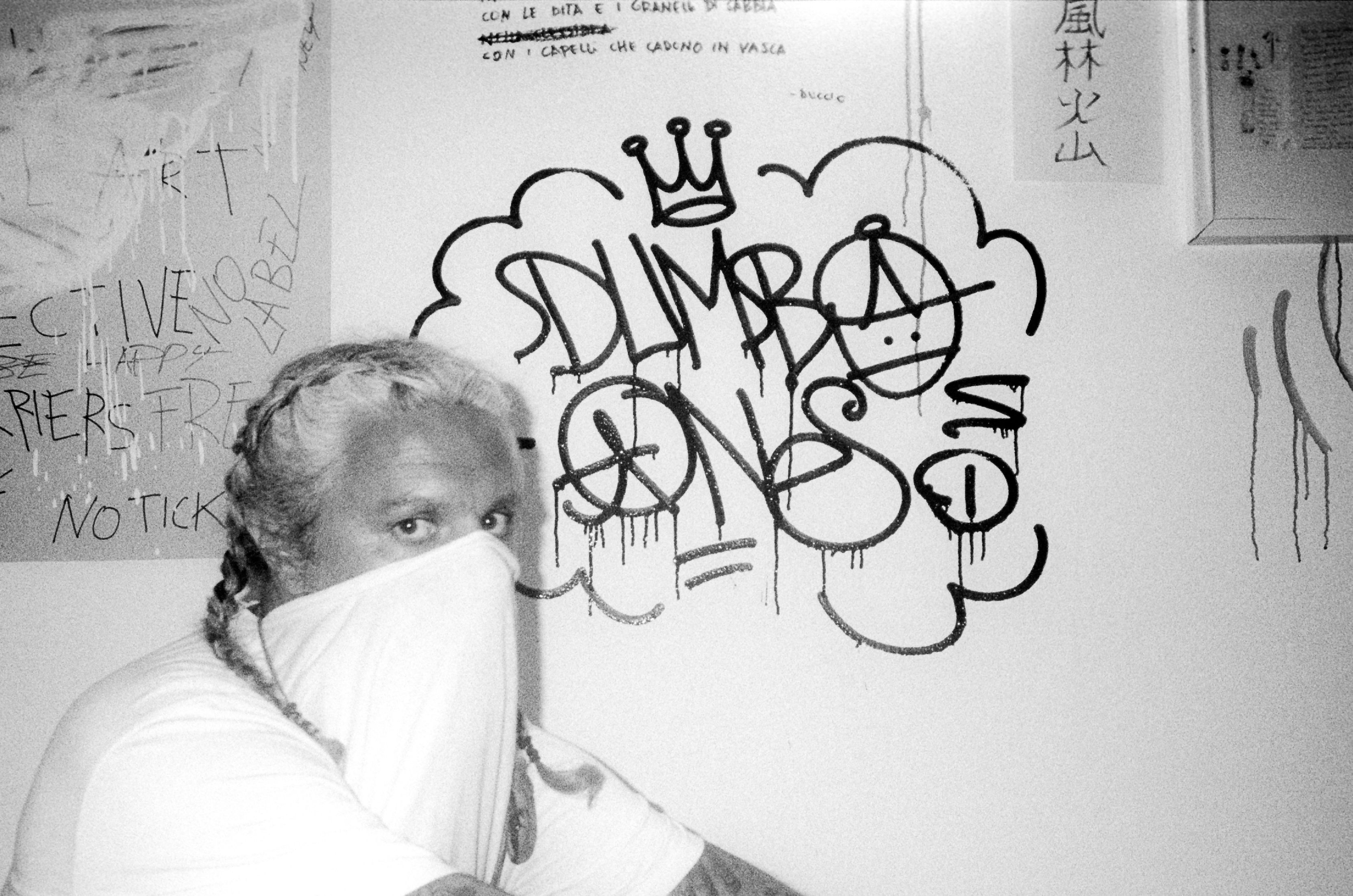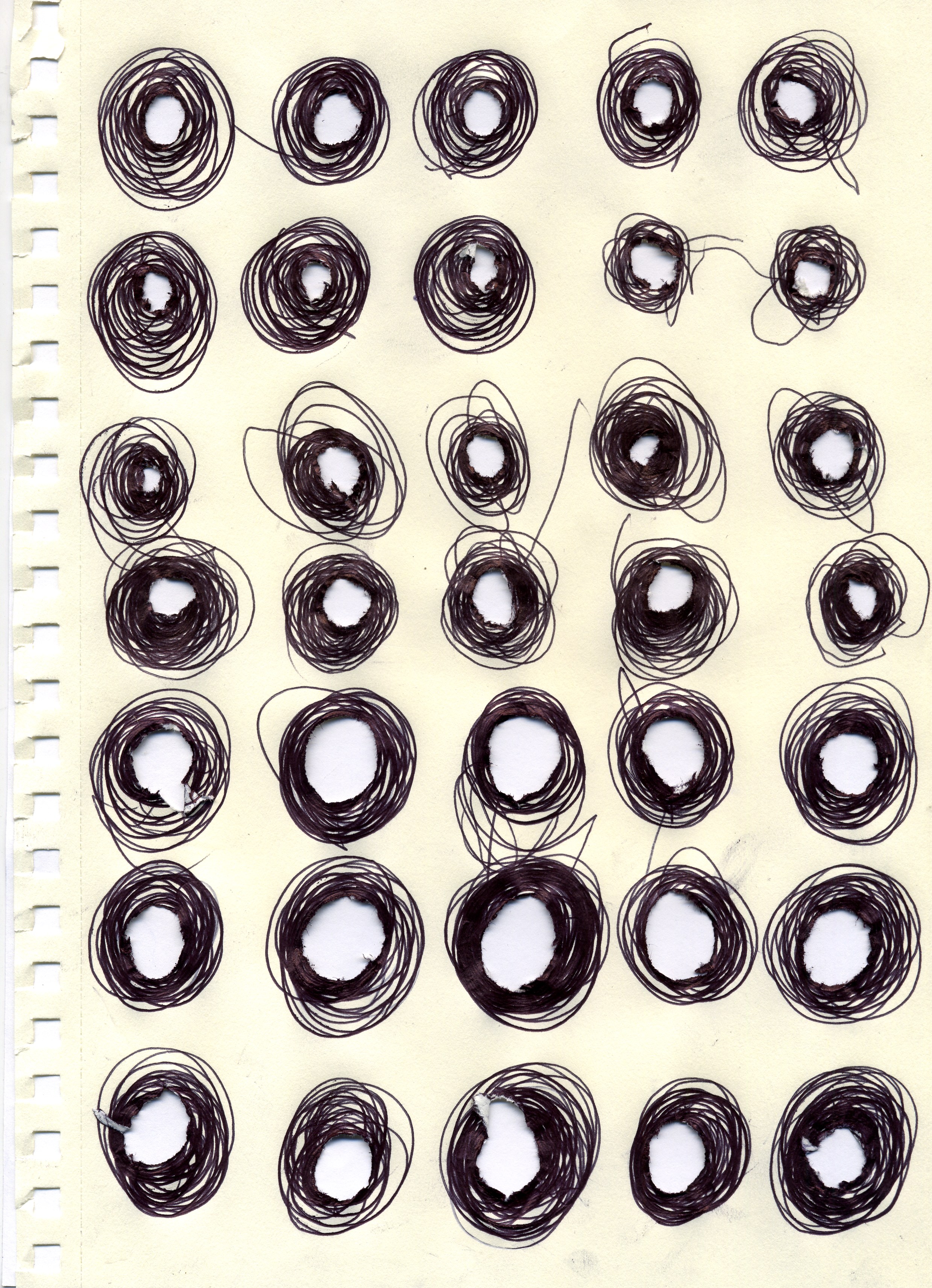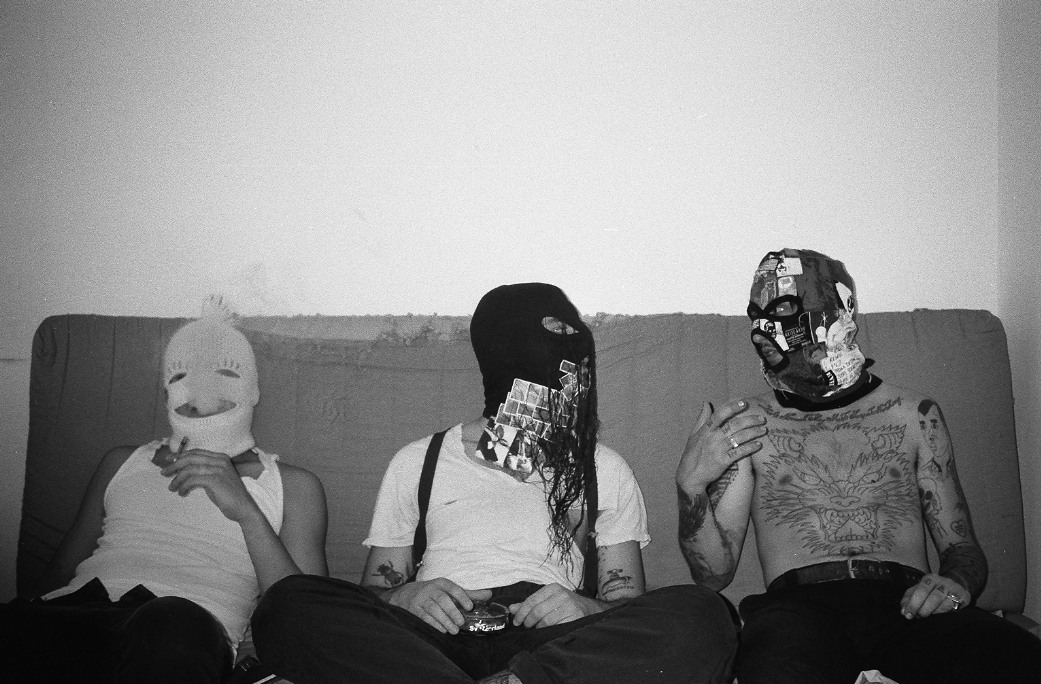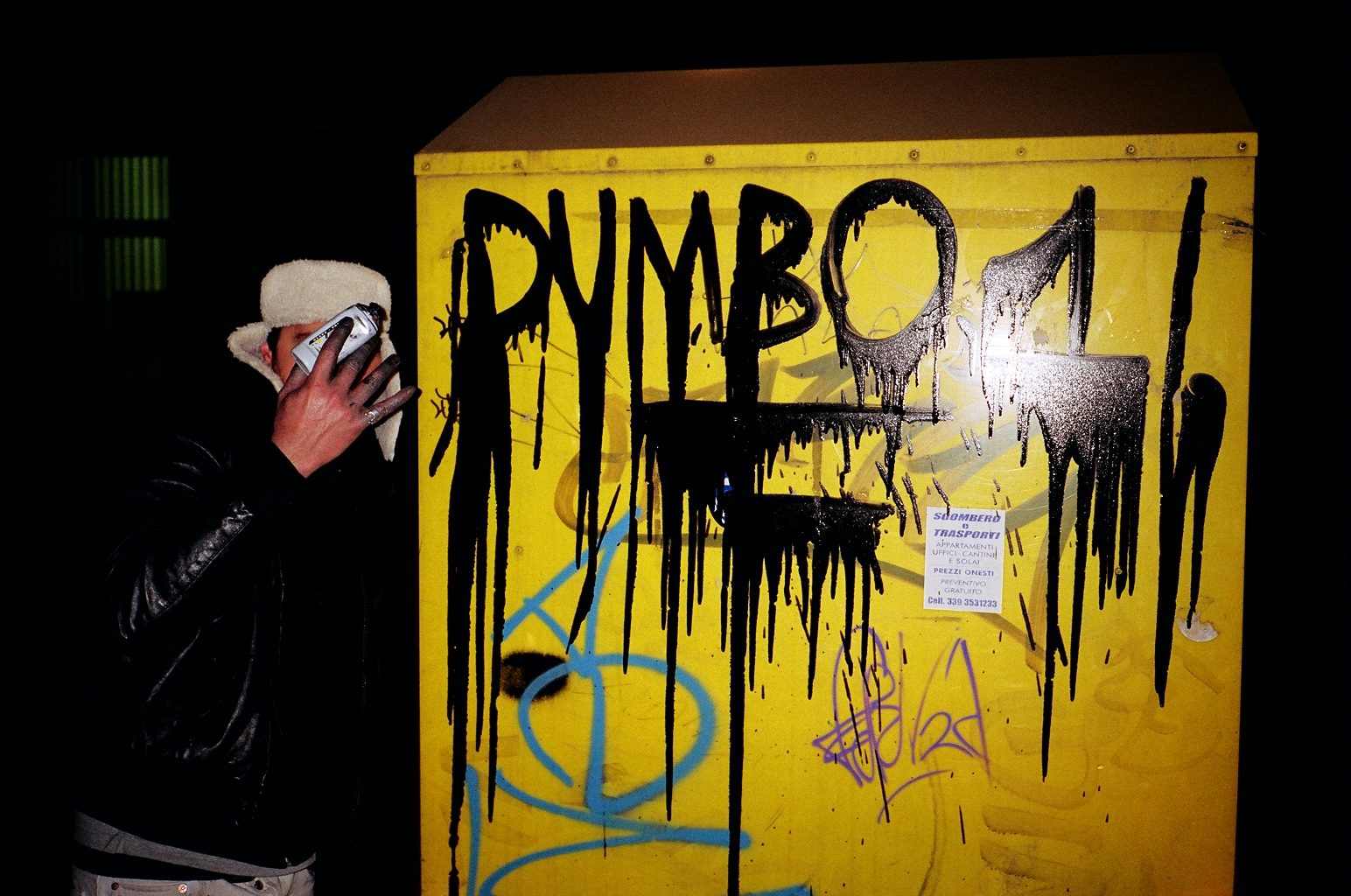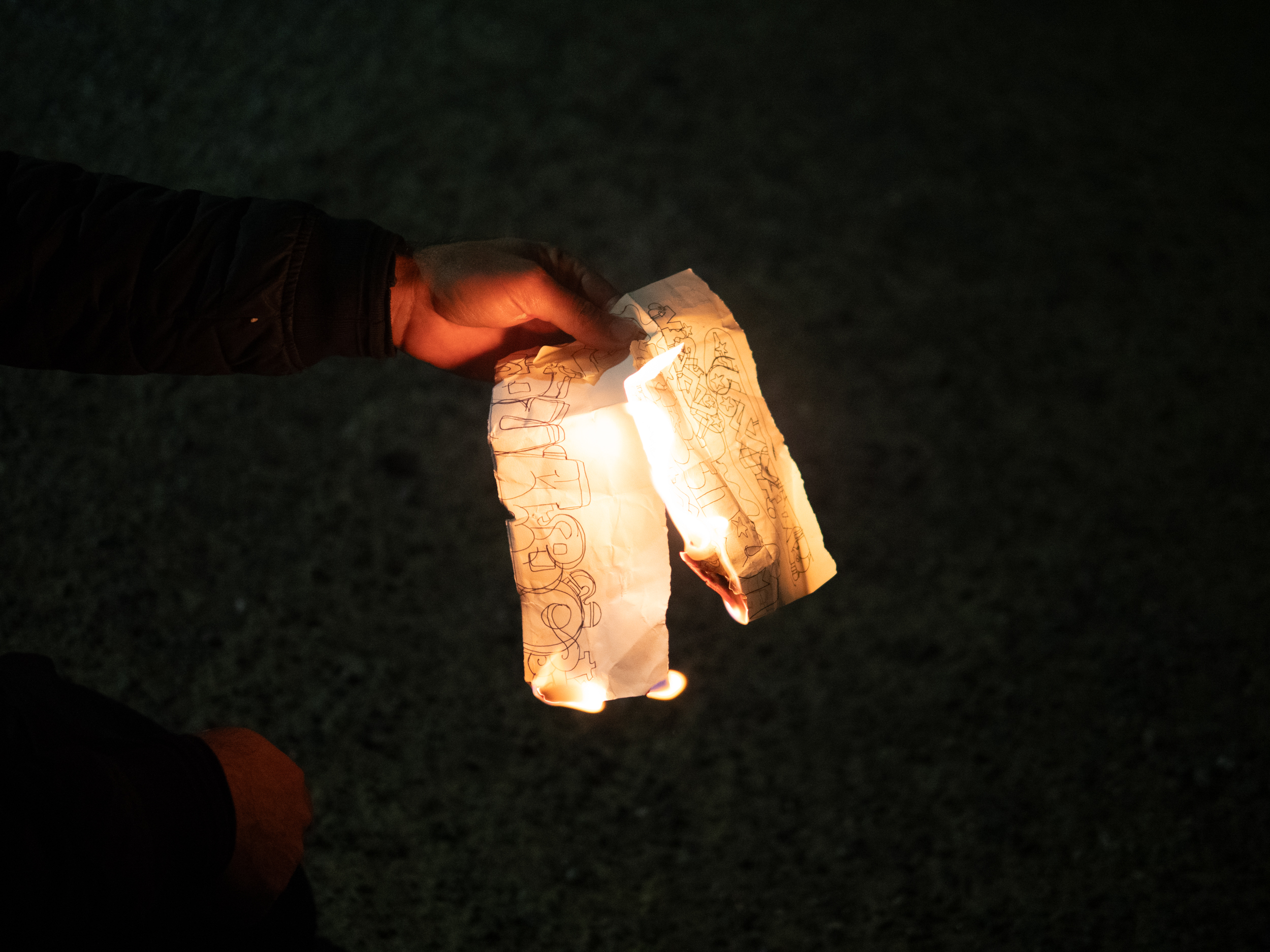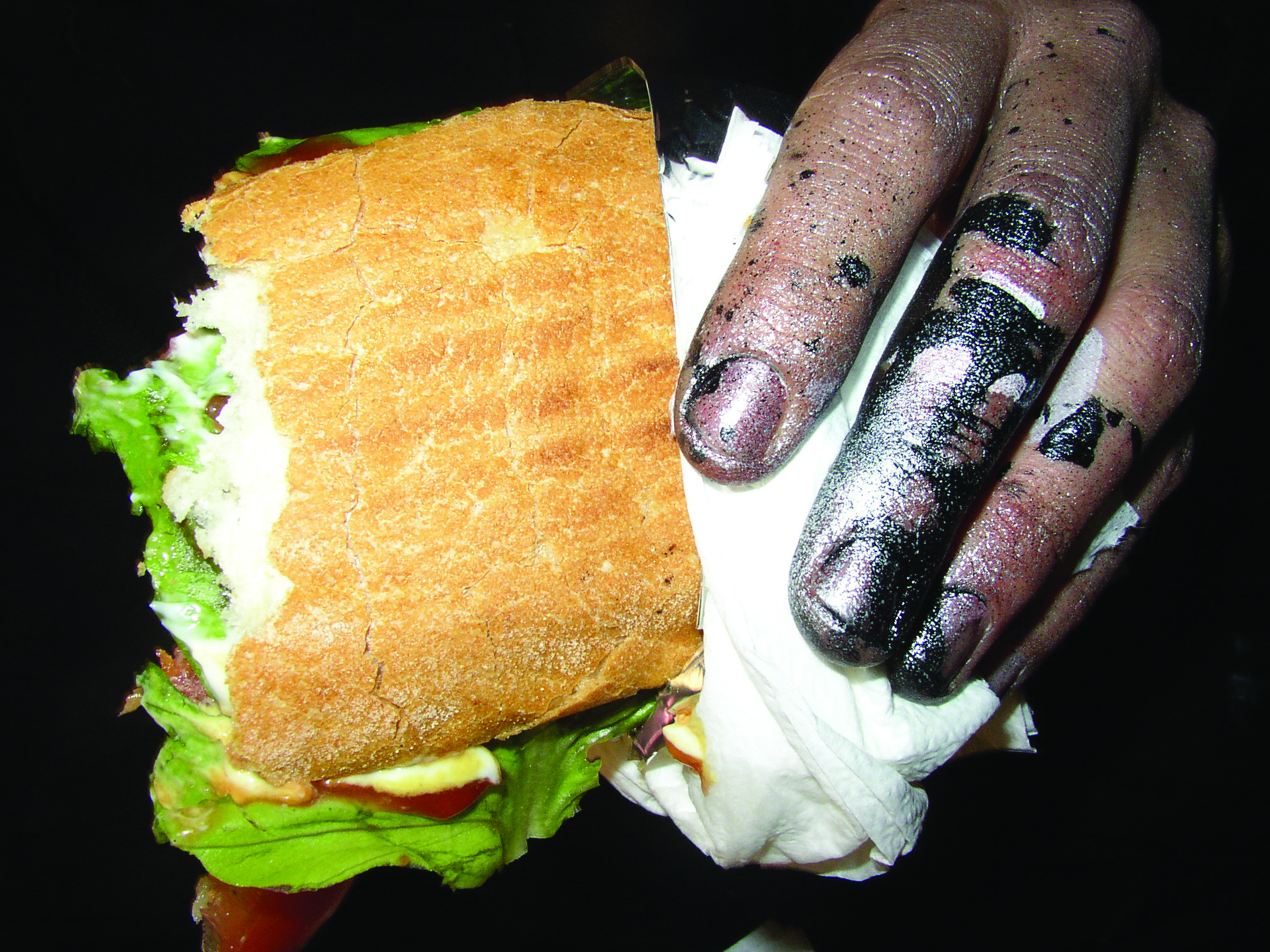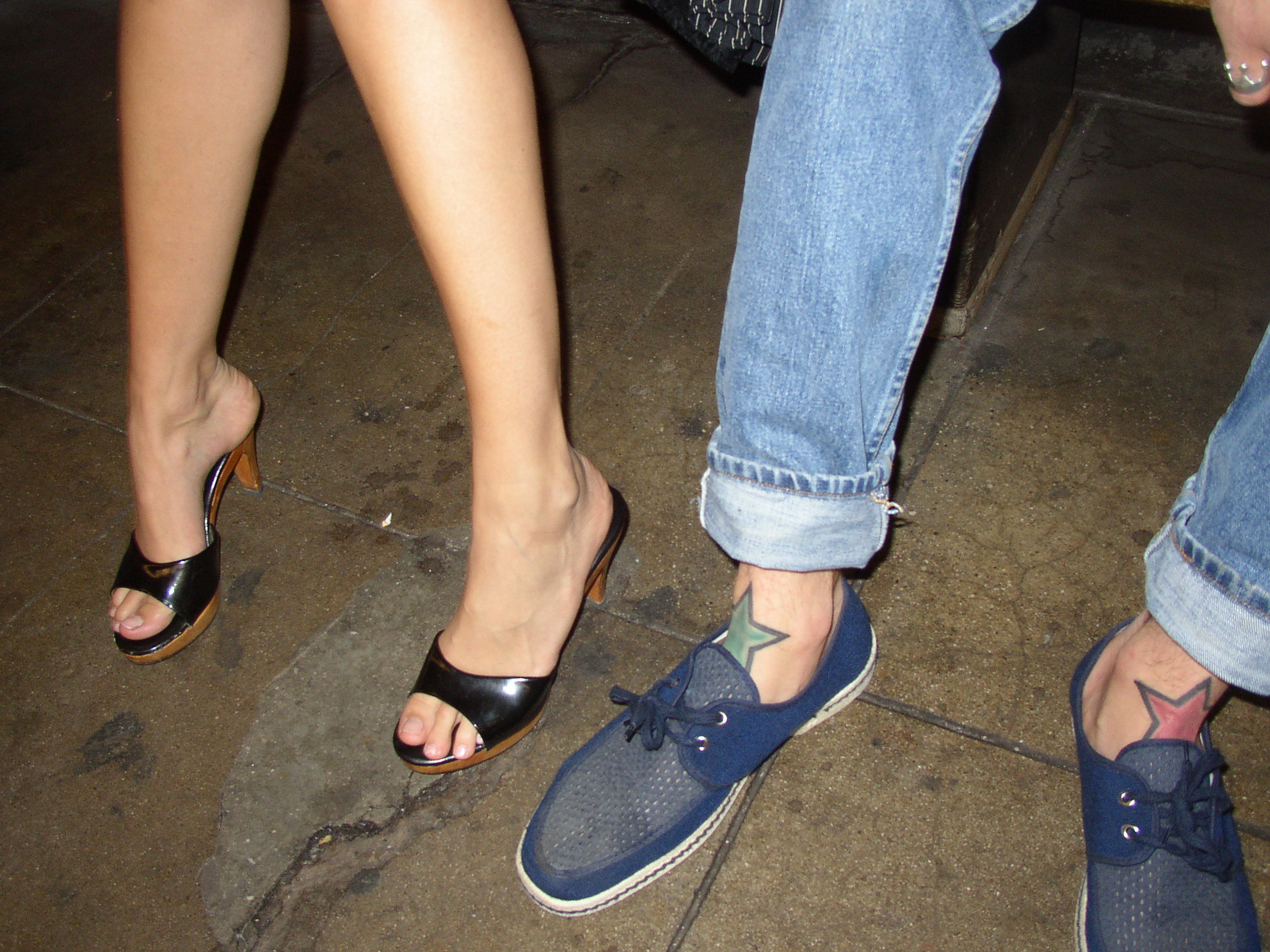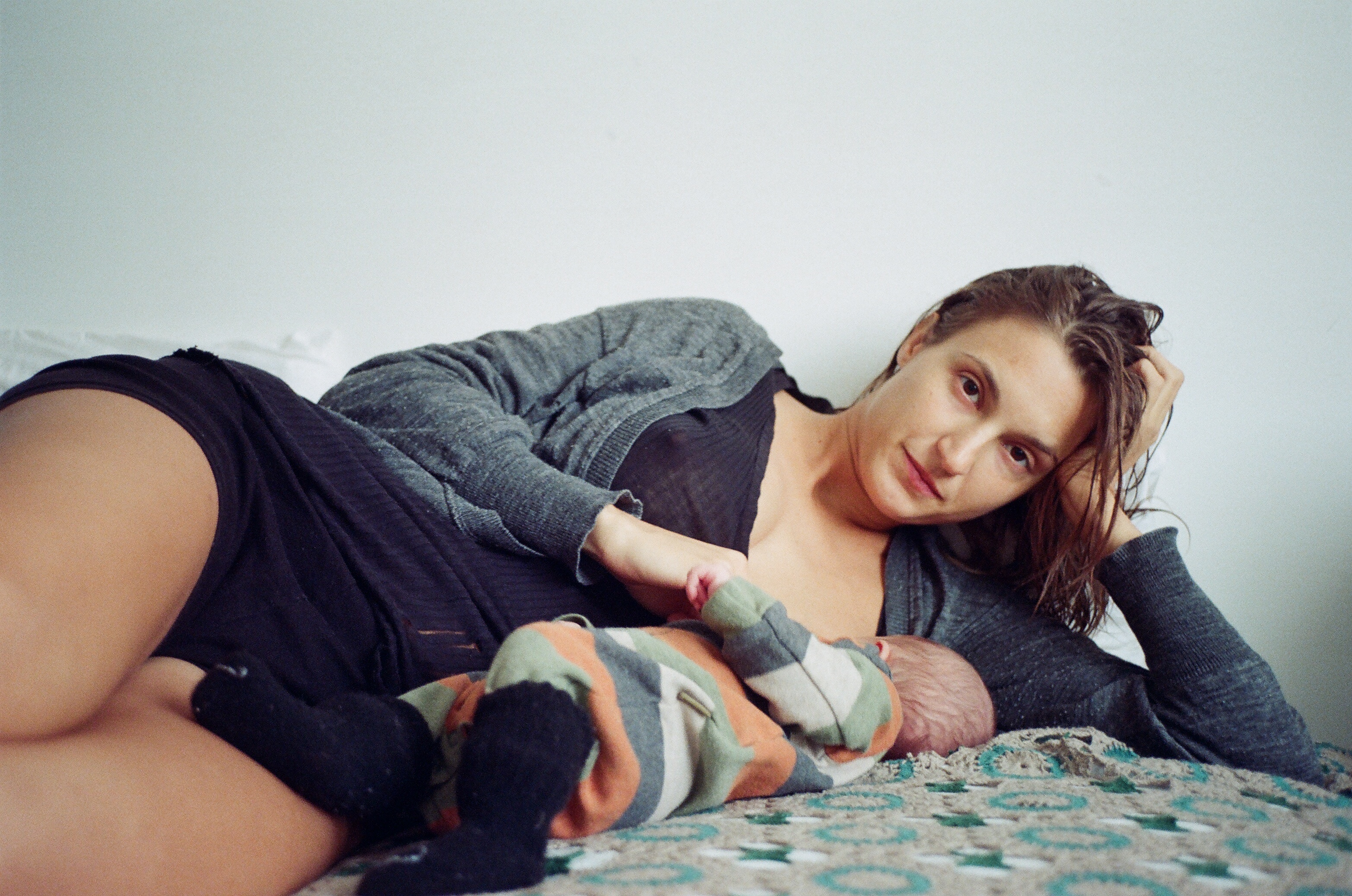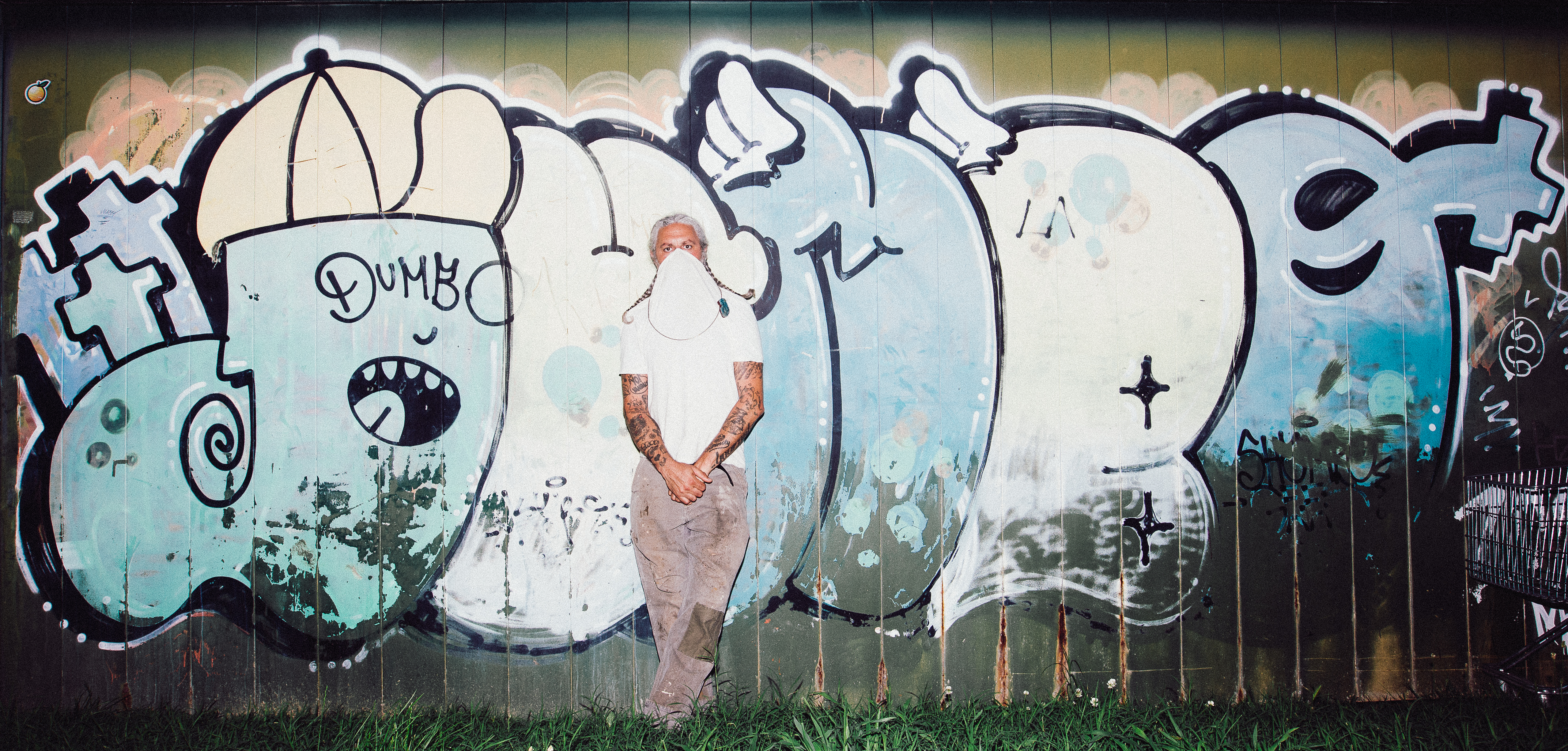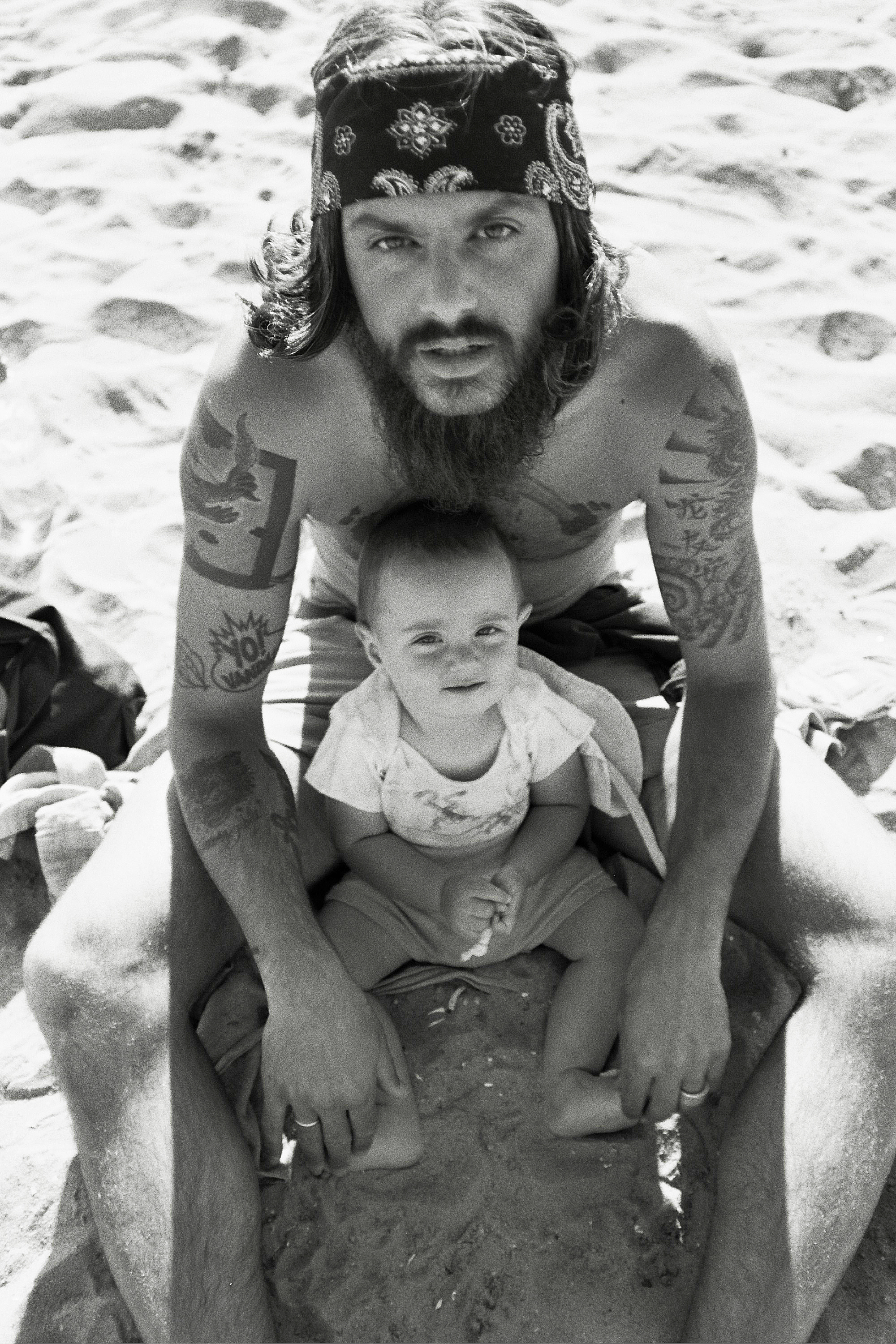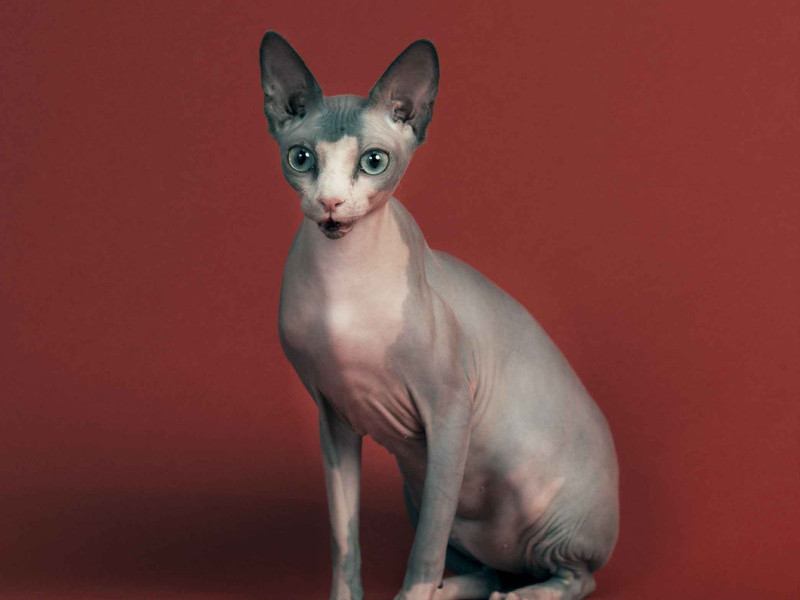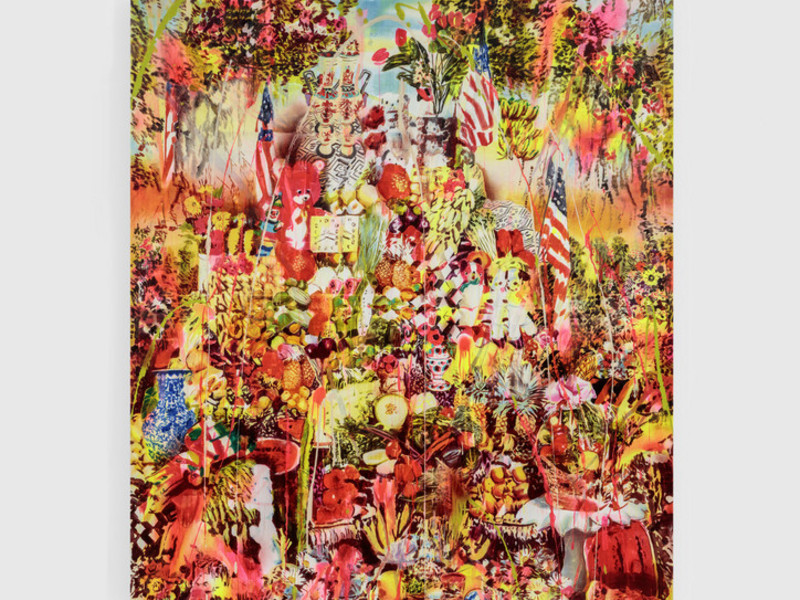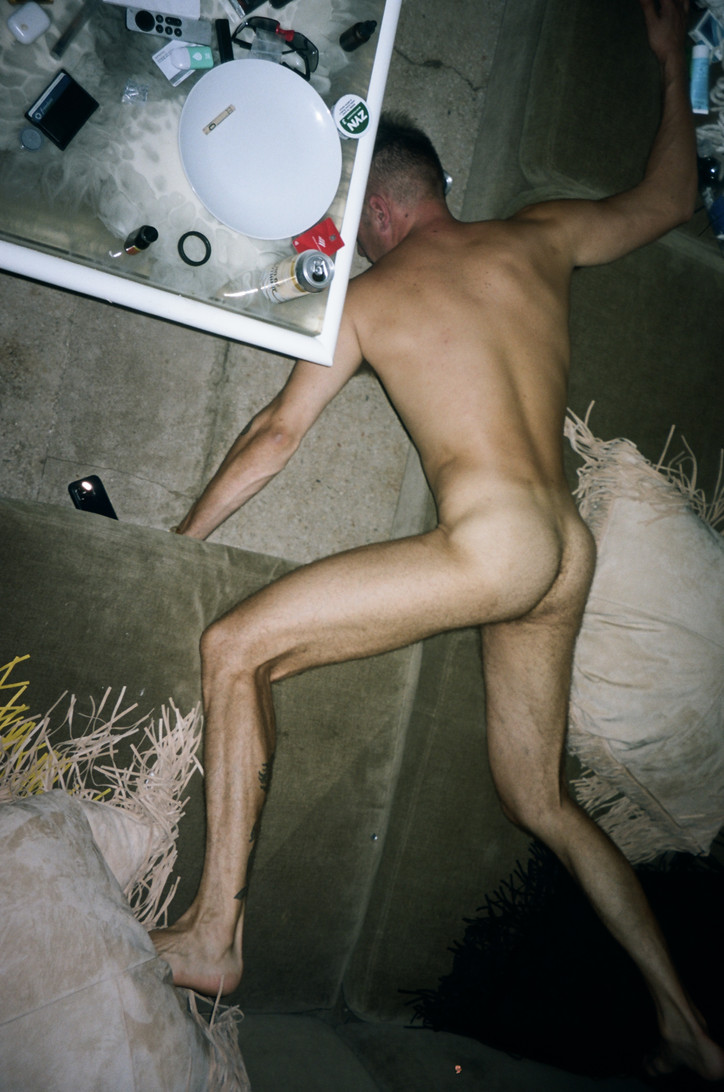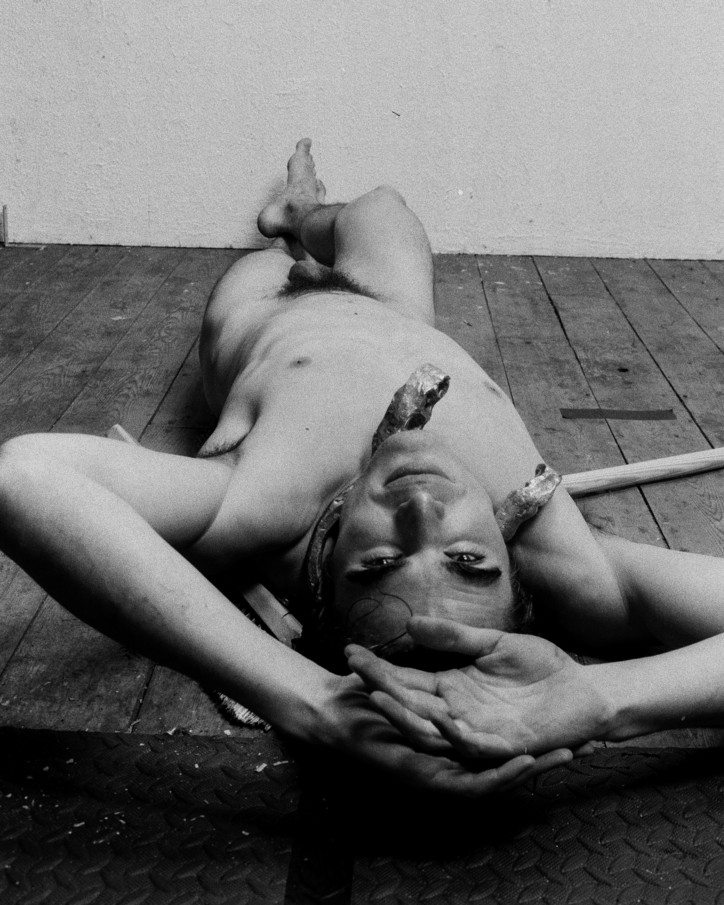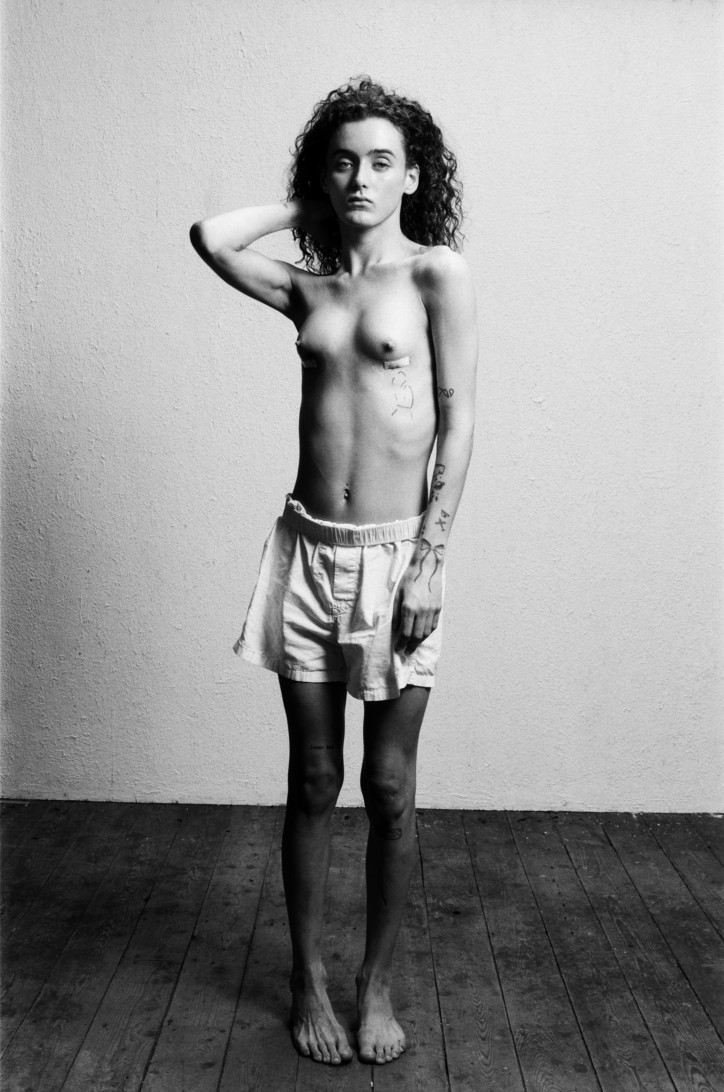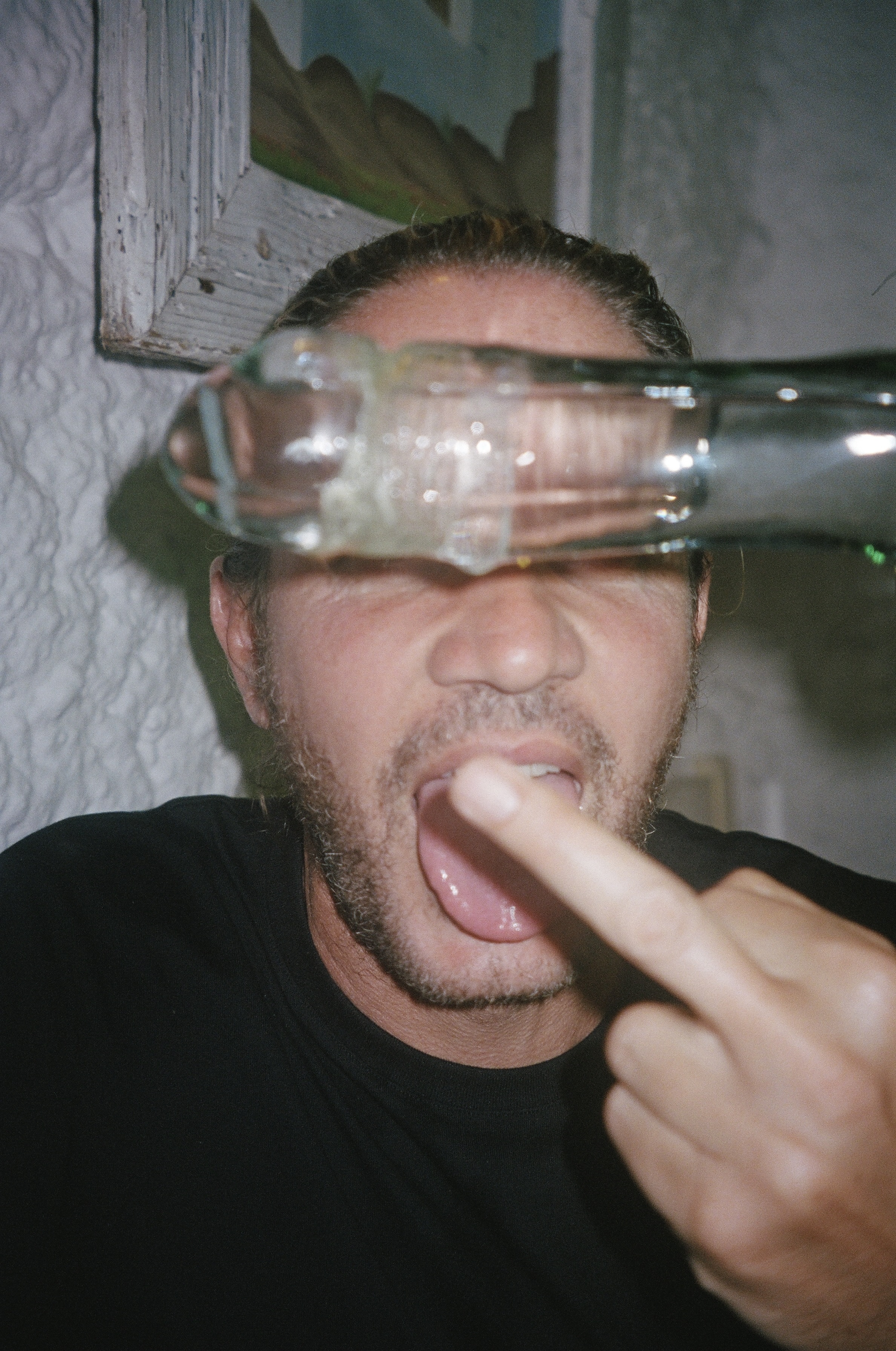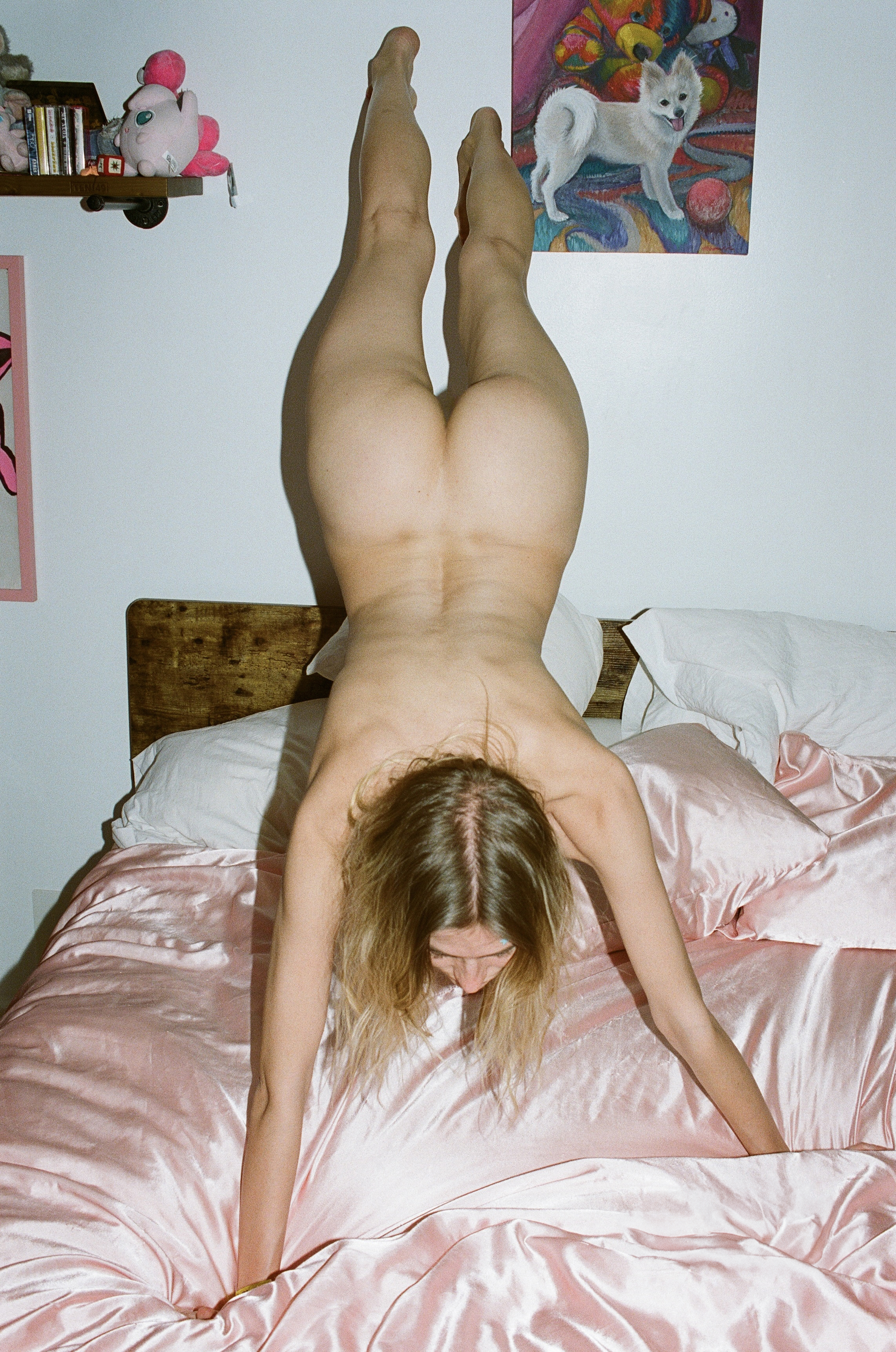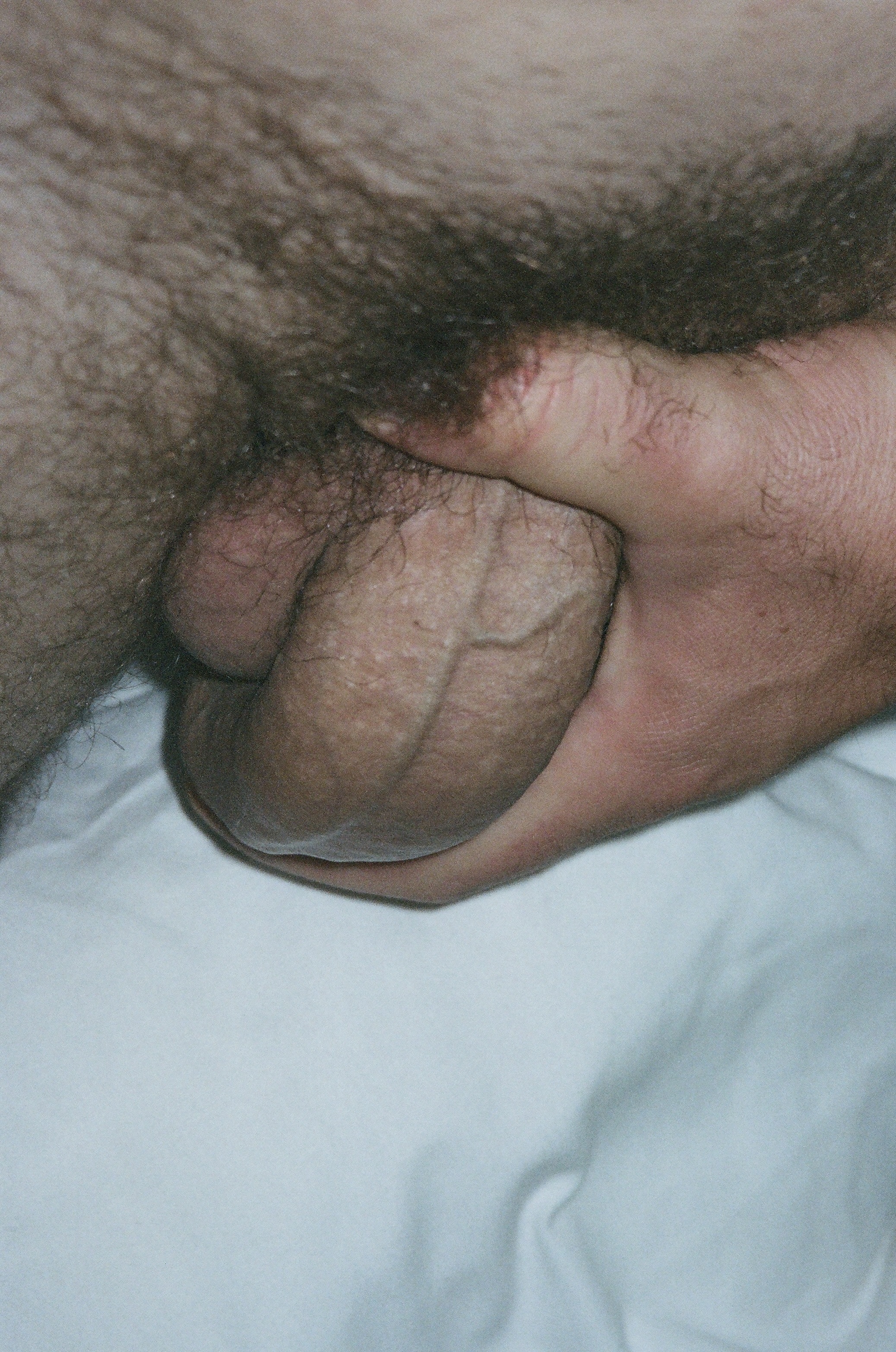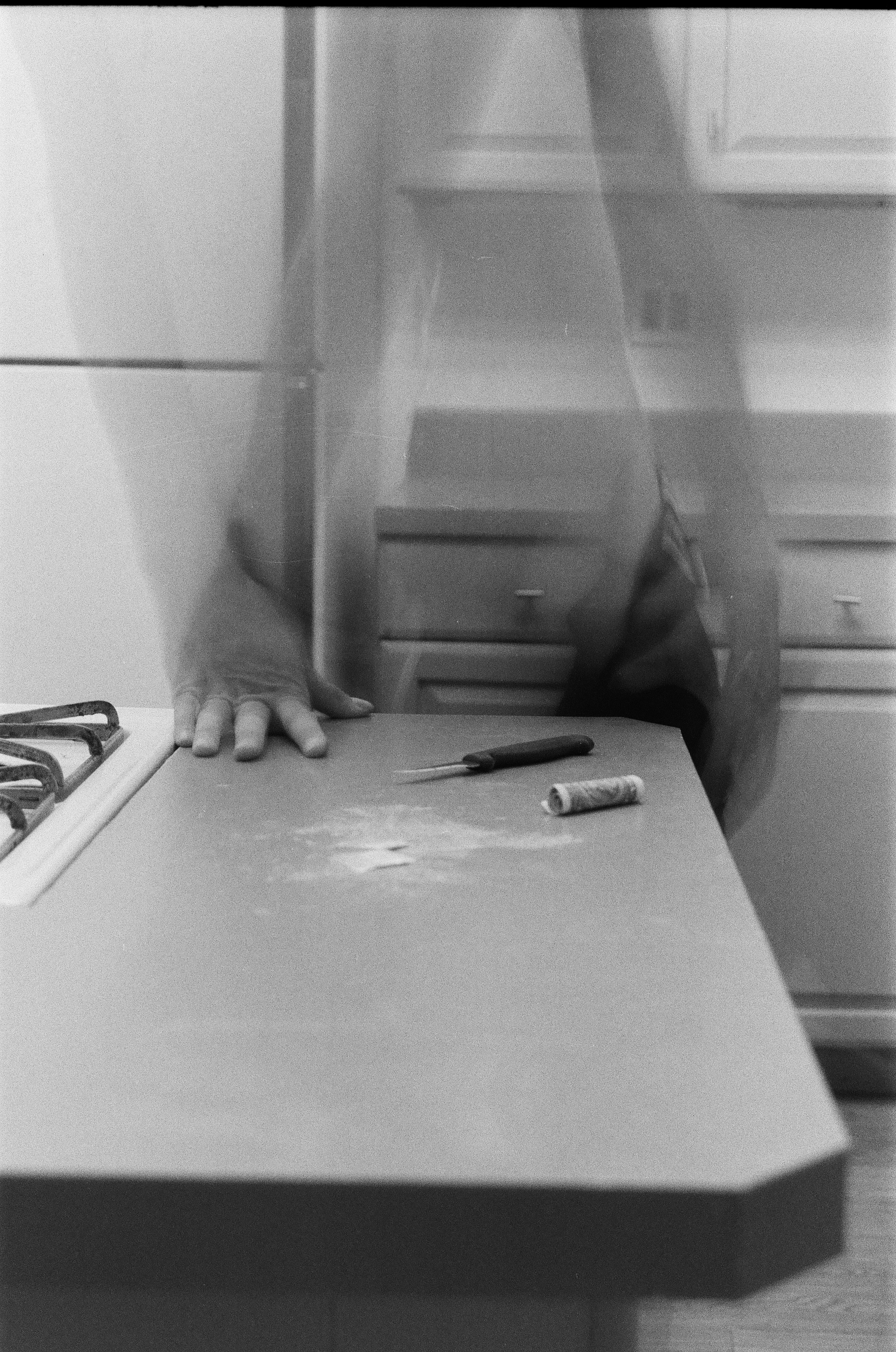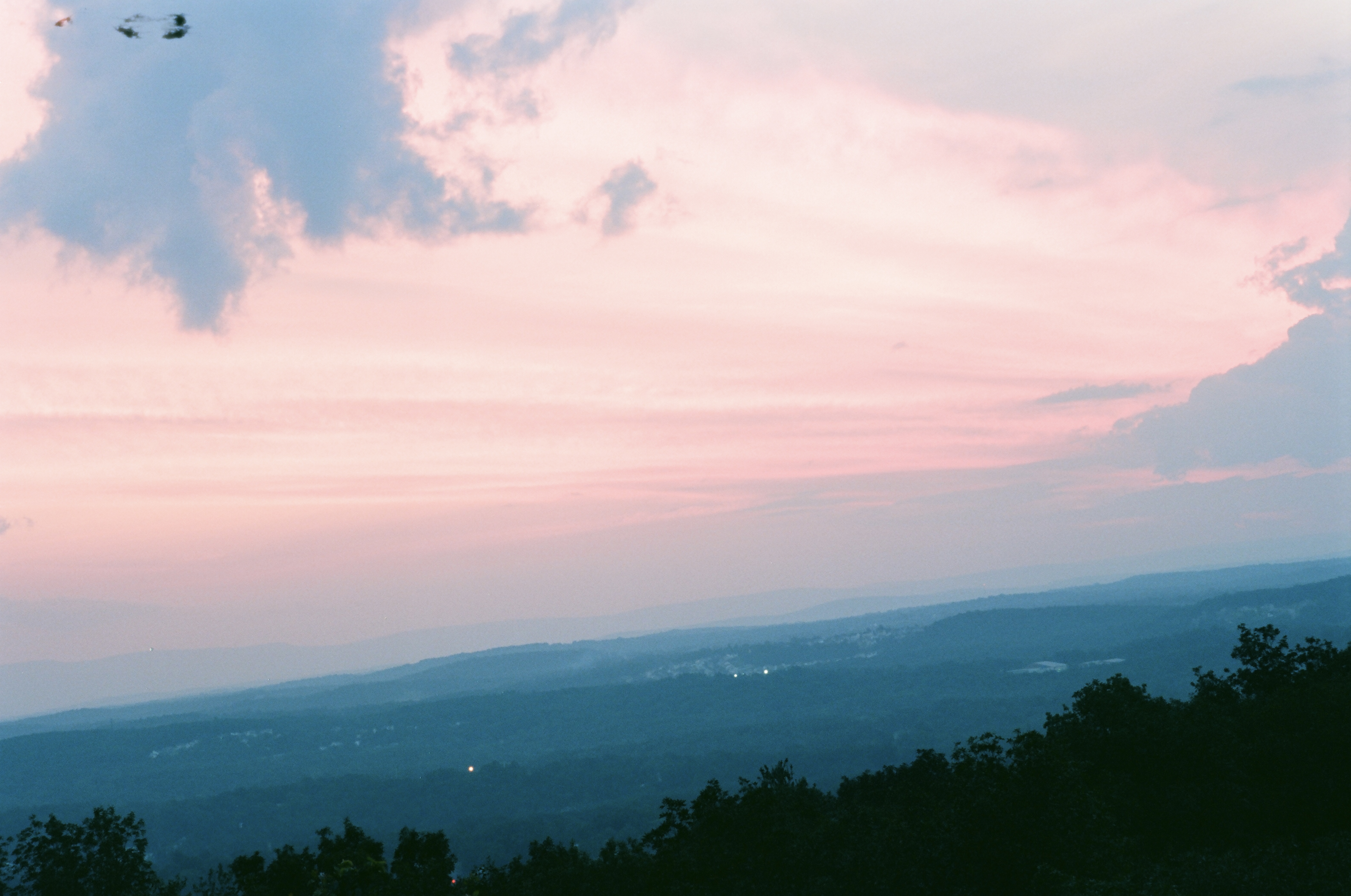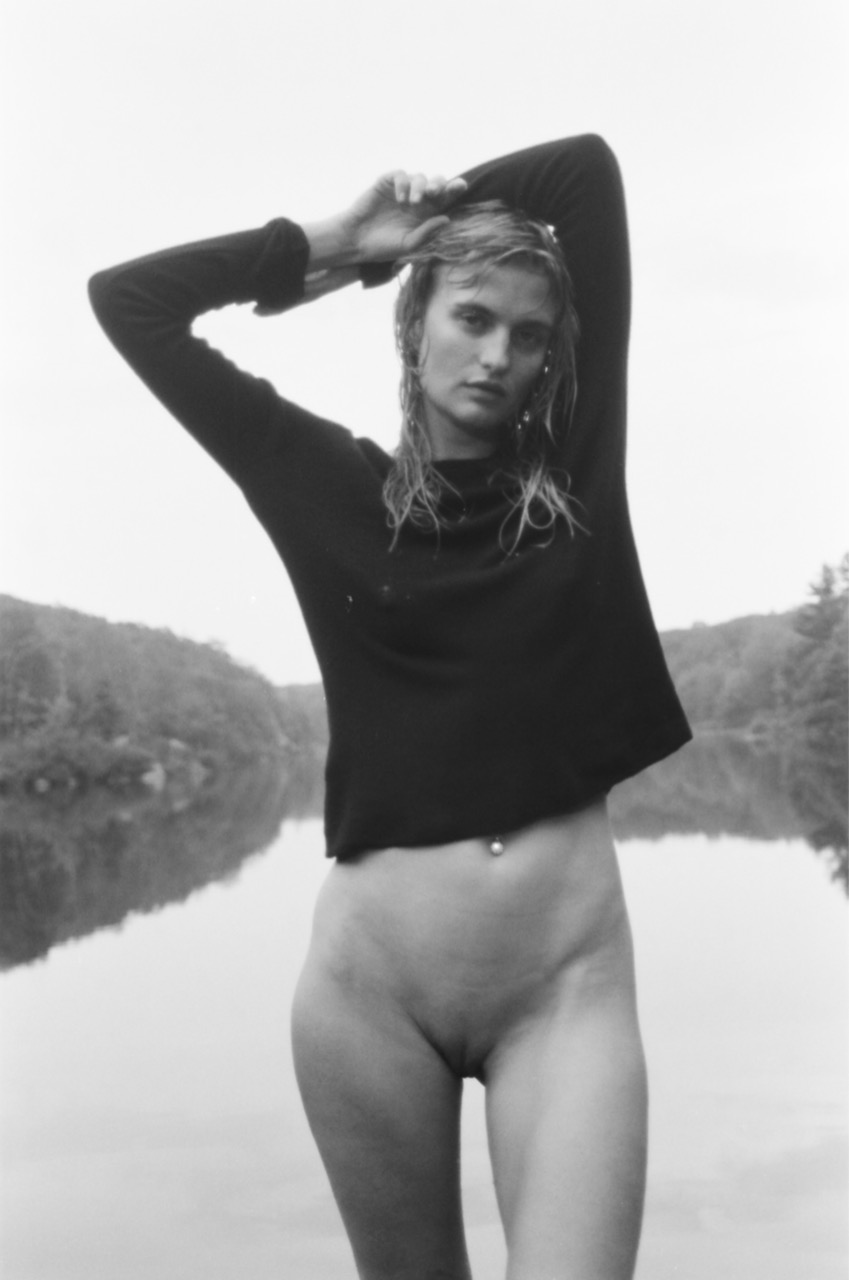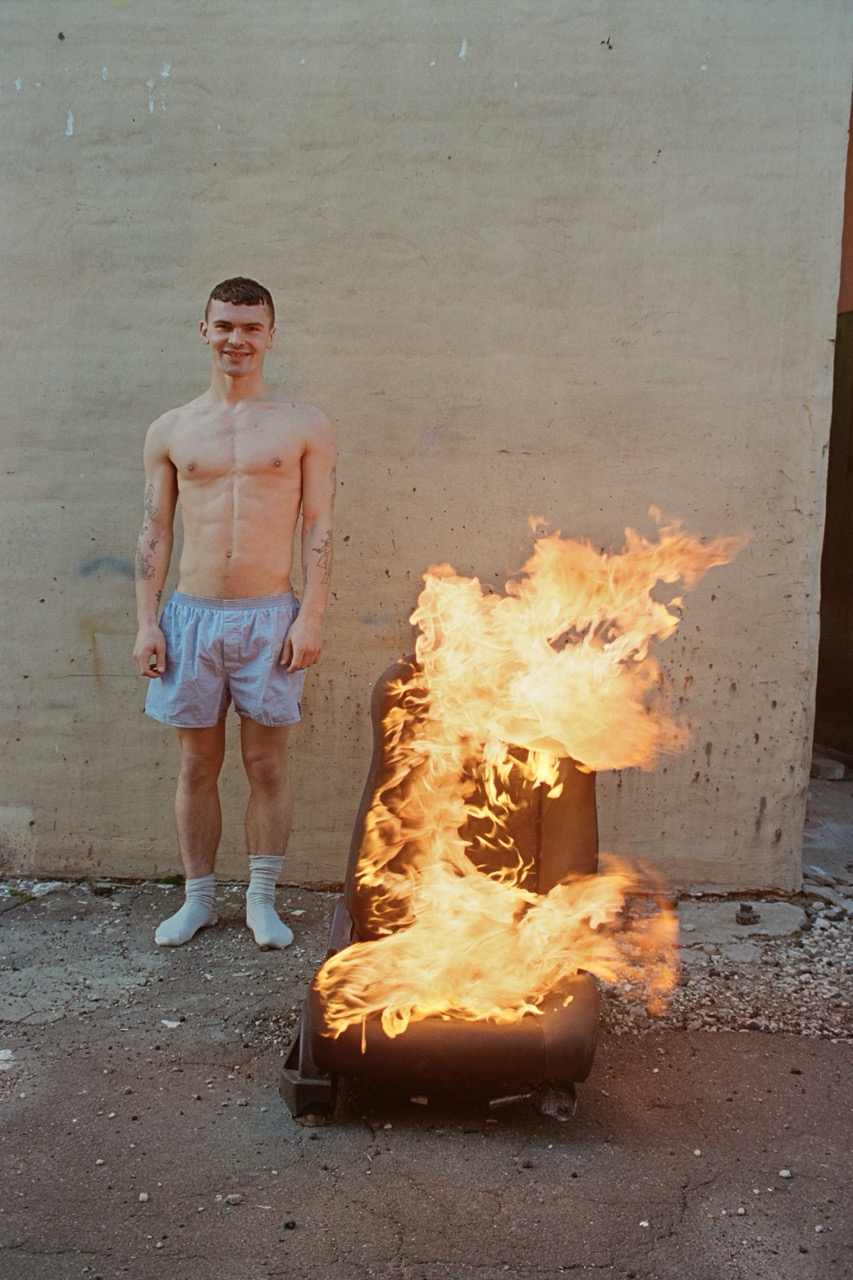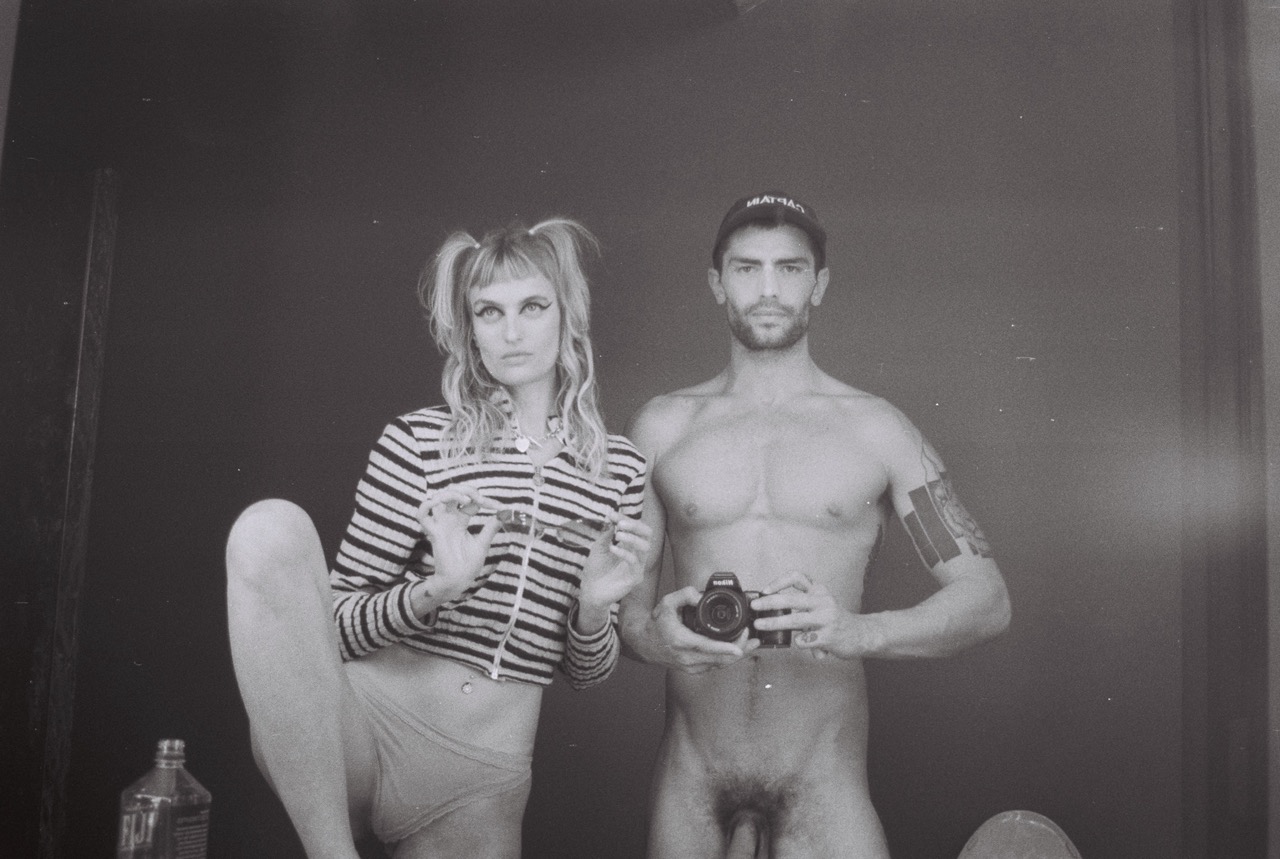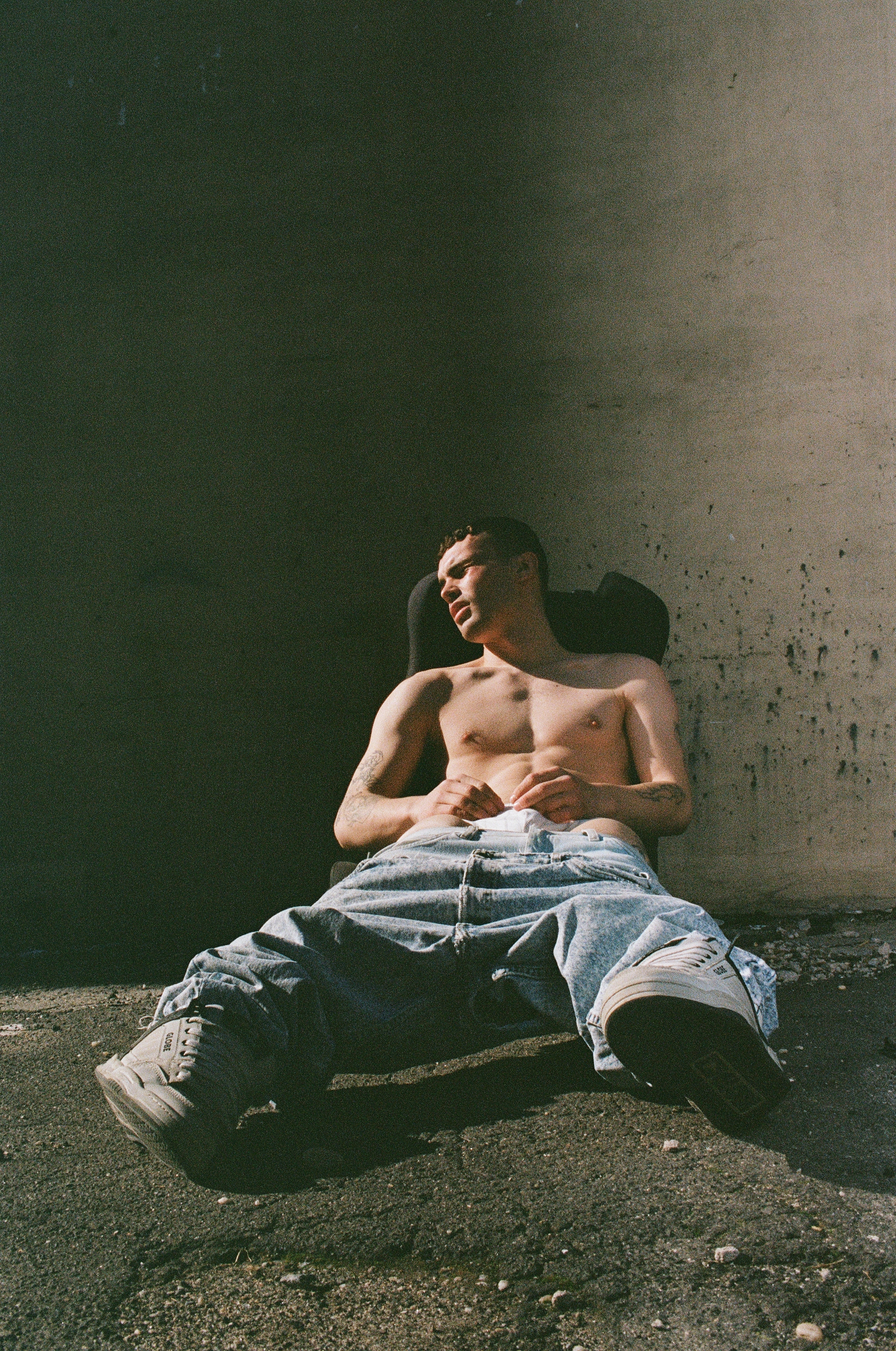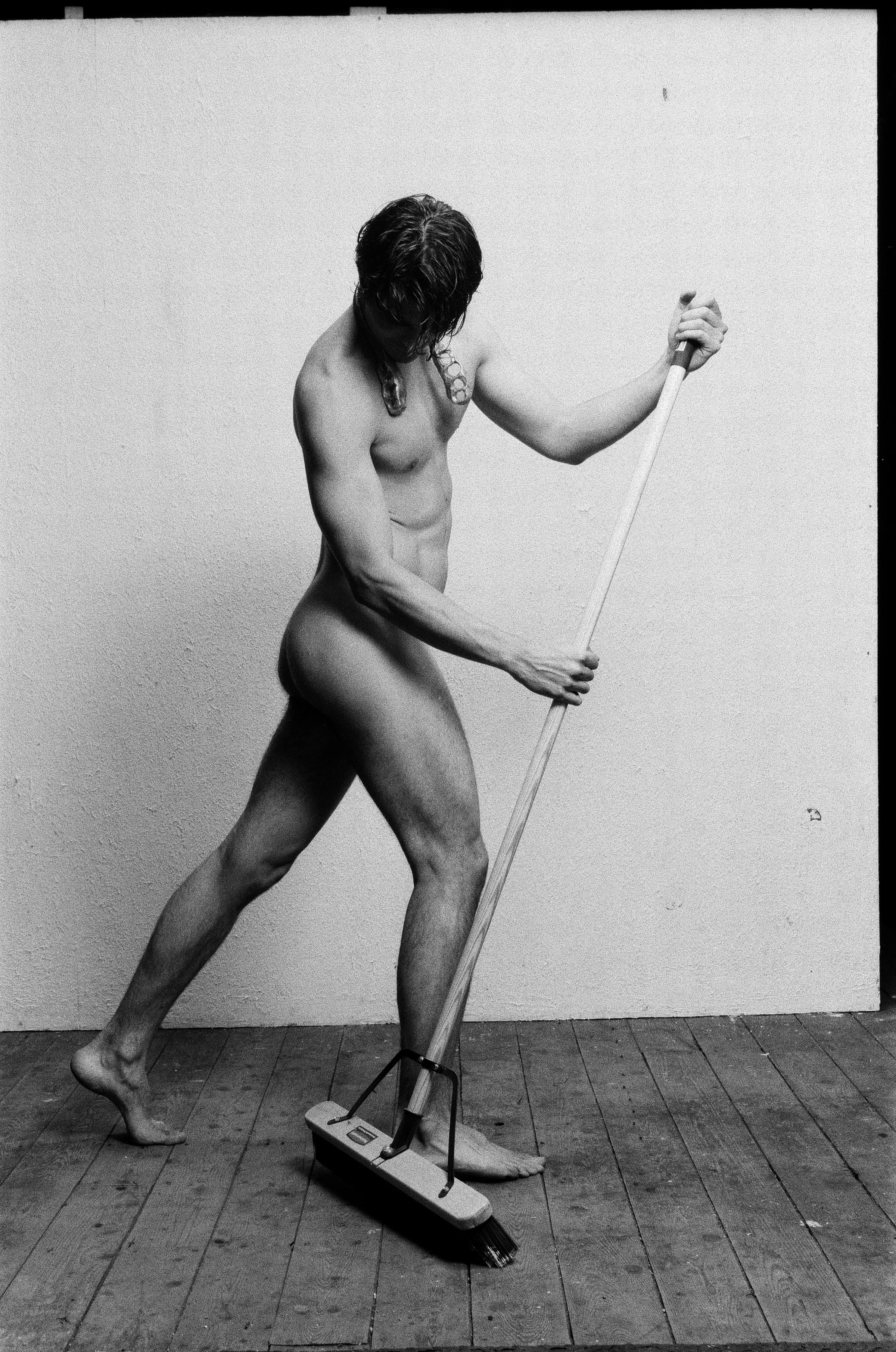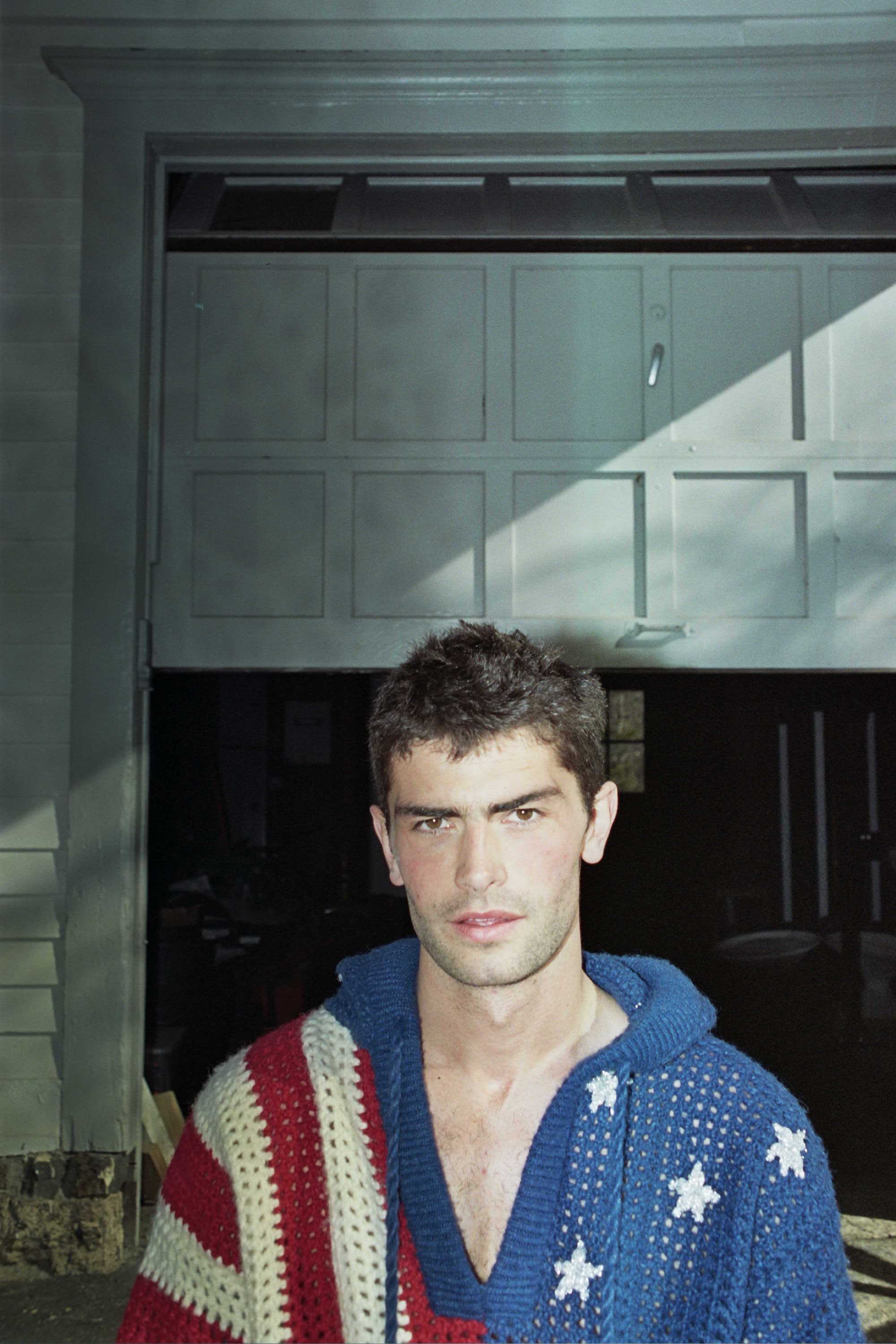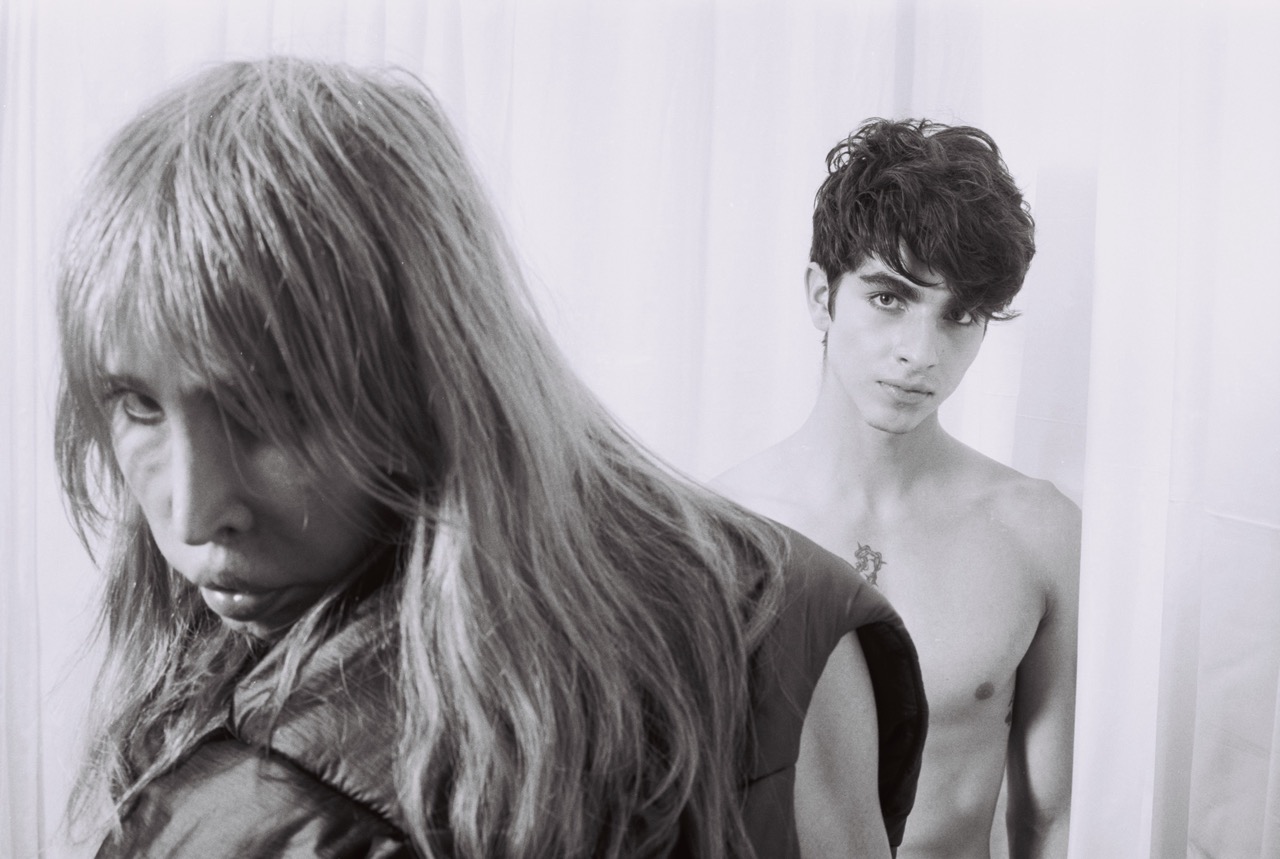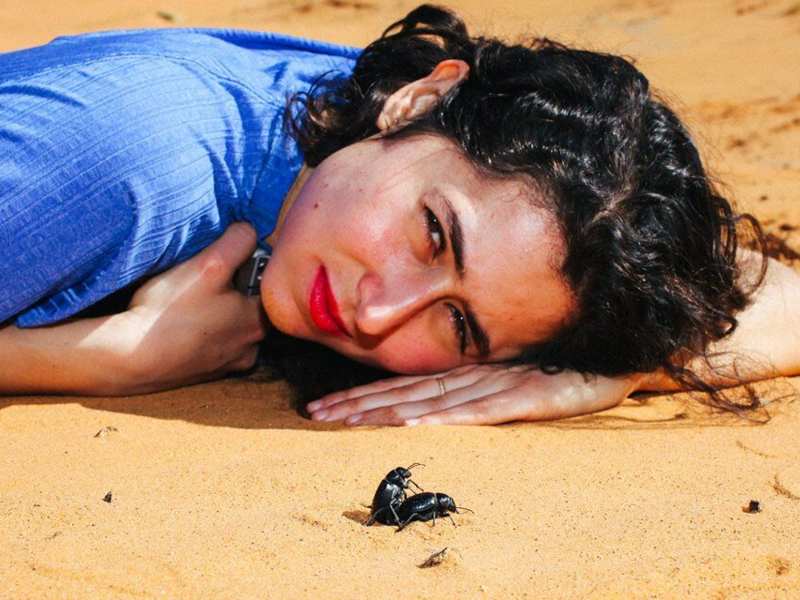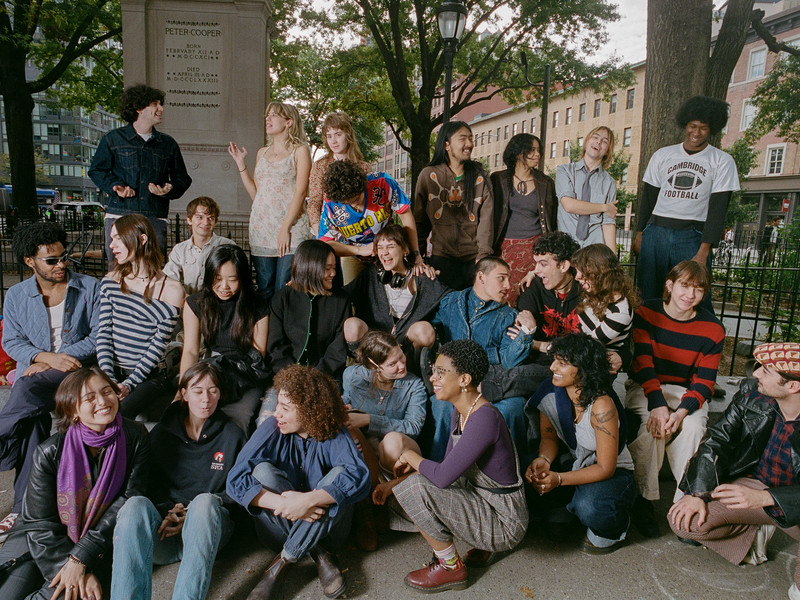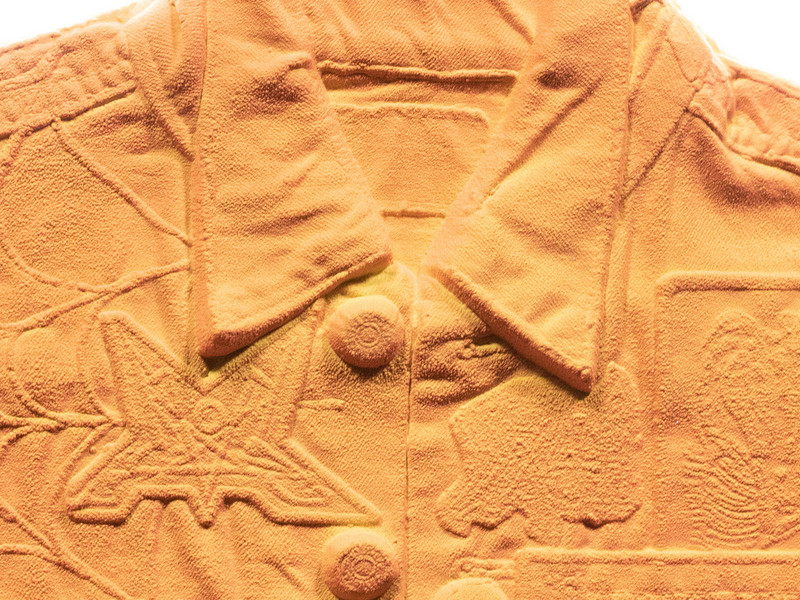Studio Visit with Russian Artist Slava Vorontsov
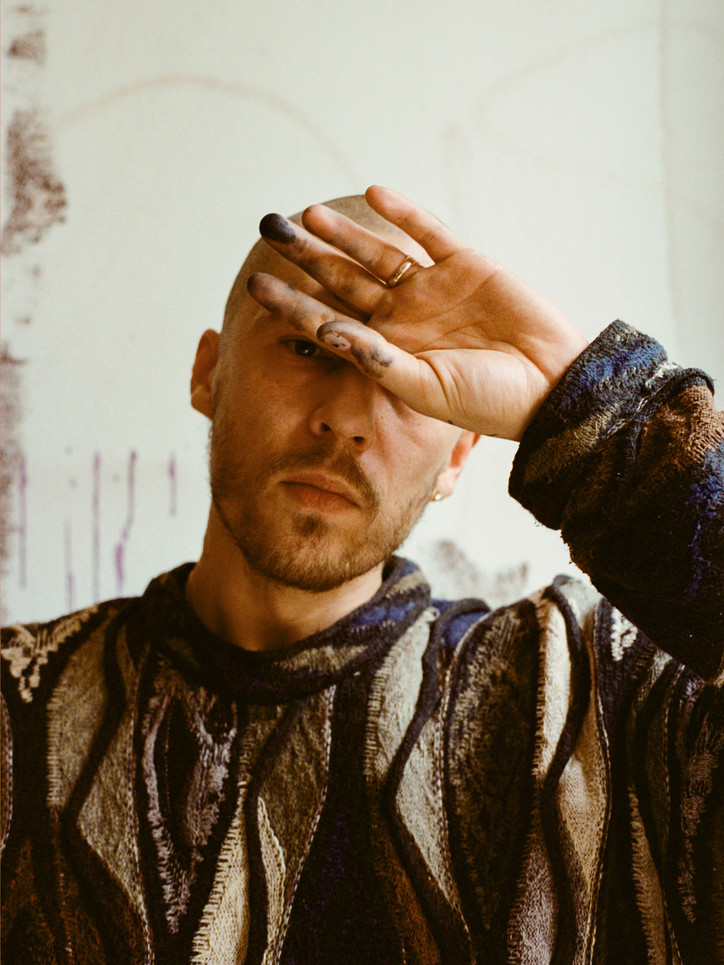
Paige Silveria: Let’s start at the beginning. Where are you from?
Slava Vorontsov: I was born in a country that doesn't exist anymore. What was written in my passport was the USSR. I remember when I was trying to open a bank account here, they told me that there is no existing country like mine in their computer program. So yeah, I was born above the Arctic Circle in Siberia in the USSR. But I don't really remember it. After the Soviet Union fell, we moved to the Moscow region and that’s pretty much where I grew up.
What was it like to be young in Moscow at this time?
It was the ’90s and it was really fun, it was like total freedom. There was this feeling of euphoria everywhere after the Soviet Union fell. Everything was shitty, because nothing was working. But still everything was acceptable. It was a new life for everyone. As kids, we didn’t fully recognize what was happening; it was just really fun. Everything was new and in the ’90s everything was about America; all of our childhood idols were Michael Jackson, Mike Tyson, Michael Jordan and Tupac.
So funny to think of, with all of the historical tensions between the two countries.
Yes, but the thing is Russians are the biggest American fans, even still now, and probably forever, really. I think it’s also for all countries in a way, because everyone is living in a US media world.
Yeah that’s true. It’s the country’s largest export. Have you ever been to the US?
Actually yes, when I was 18, I did an exchange program in North Carolina. It was a crazy place. I still really liked the United States; it's like you're in a movie. I was shocked. It's literally like in the movies. Everything: the cars, all the characters. I spent only 24 hours in New York, but people are looking weird, wearing whatever they want to wear, singing, and listening to music. I remember when I was buying a subway ticket and a middle-aged woman in the kiosk who was selling these tickets, she was beatboxing to herself. And I was like, “Oh my God, she's my idol.” Hip-hop was everywhere. I really loved it.
Ah that must have been so fun. Let’s go back to Russia when you were younger, what activities did you get into?
I was always drawing. When I was a teenager, I started doing graffiti. I started leaving home early in the morning, at like four or five. When it’s just starting to get bright outside, that’s when I’d be painting over the kiosk and different stuff.
What was your tag?
It was “emcee.” I wanted to be an emcee because I was listening to rap all the time. I was on the professional junior basketball team and that's when I started listening to rap music and got into hip-hop culture. And this is also when I began to make music, at around 15 or 16 years old.
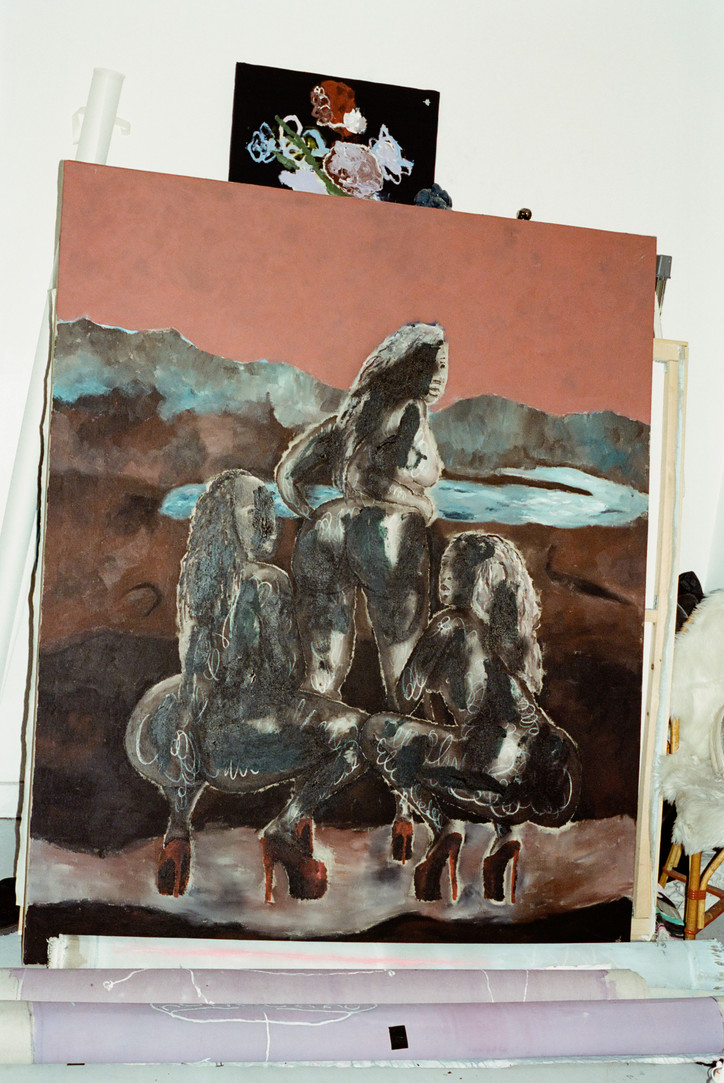
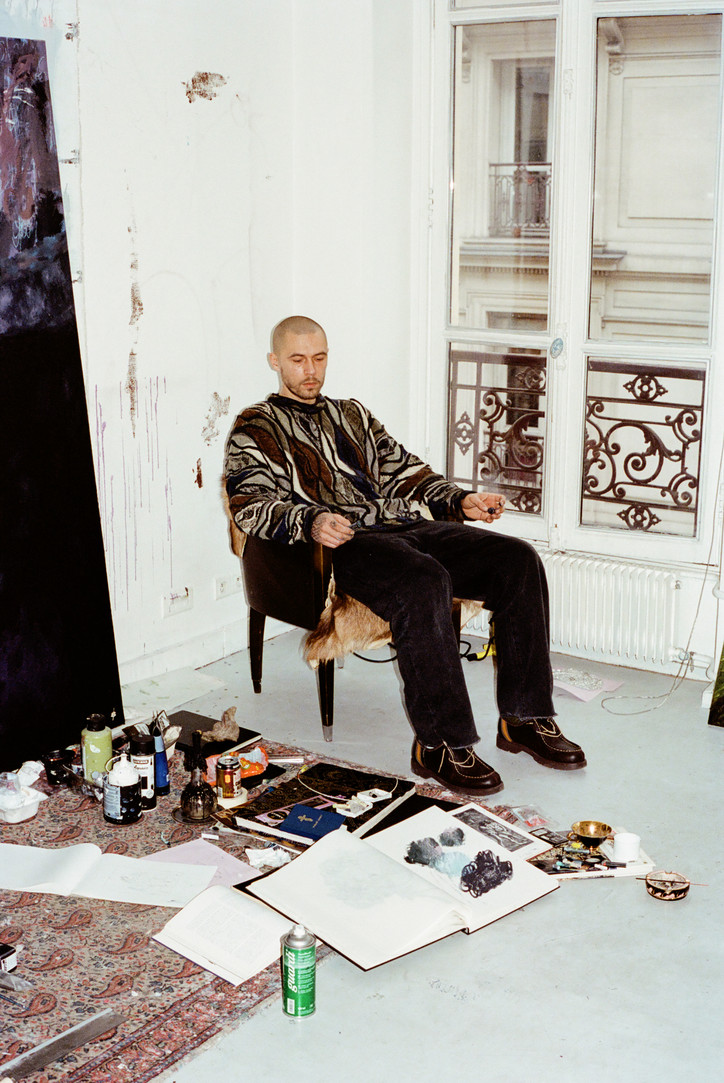
Did you have equipment to record at home? How did you go about making tracks exactly?
At first I found a guy who had a professional setup for recording and I made a few tracks there. I think they’re still in my mama’s house. They were all in English because I only listened to American hip-hop, so I thought it was only possible in the English language. But then it was really expensive and I realized I could do it on my own. There wasn’t too much equipment, just like a microphone, mixer, headphones, etc. And I set up my own home studio. I started learning all the programs to make beats, these early simple ones.
Was it just on your own or did you collaborate with friends as well?
I was the only one who had this setup and my mom would work the whole day. So I had these older friends who came over to my place one day every week for a summer. And we smoked hash and recorded tracks, just freestyling and learning from each other.
That sounds so fun. And you won an MTV award at some point?
Yeah, it was really fun. So within the Russian music industry, there were a few rap artists and I realized I could rap in Russian. And it sounds really cool. There was this one particular super popular, big star Russian rapper who was my age at the time and he really inspired me. I dreamed to be like him. So I started rapping in Russian too. And then I met this rapper guy and we became friends and made a track collaboration. With that track and the music video we shot, we won an MTV award. He really gave me a huge boost for my career.
What was MTV like back then in Russia?
I grew up watching MTV Russia and it was really cool because there were all these jokes, there was free speech and the hosts were young people. Now people can’t really speak their minds like they could then. Maybe topics are forbidden by the government. But back then we also had all the American shows like Pimp My Ride and Cribs. Everything felt so modern and new. I remember being at the awards show and being high as fuck and I’m like, Where even am I?
How did things progress after the award?
I continued with my music career because I felt the potential in it, that there was something new and against the system that we could do. Because we were the first ones to be doing it; we were part of a new movement. Now it’s more of a mainstream thing, the rap movement. It’s not rebellious anymore. It’s too sweet, you know? I’m not hating on what’s happening now. But back then it was different. So it was really inspiring to be a part of this and I had a whole vision for it.
What made you shift away from it?
The thing is, I have 25 million streams on Apple Music, and I never get paid off of it because nothing works in Russia. Everyone is stealing, pirating. Everything is free for everyone. Why would you pay? So musicians get the minimum price. That’s obviously a huge topic for a lot of artists. Times have changed with all of the platforms and you can never get that reach like in US or Europe, like in the West.
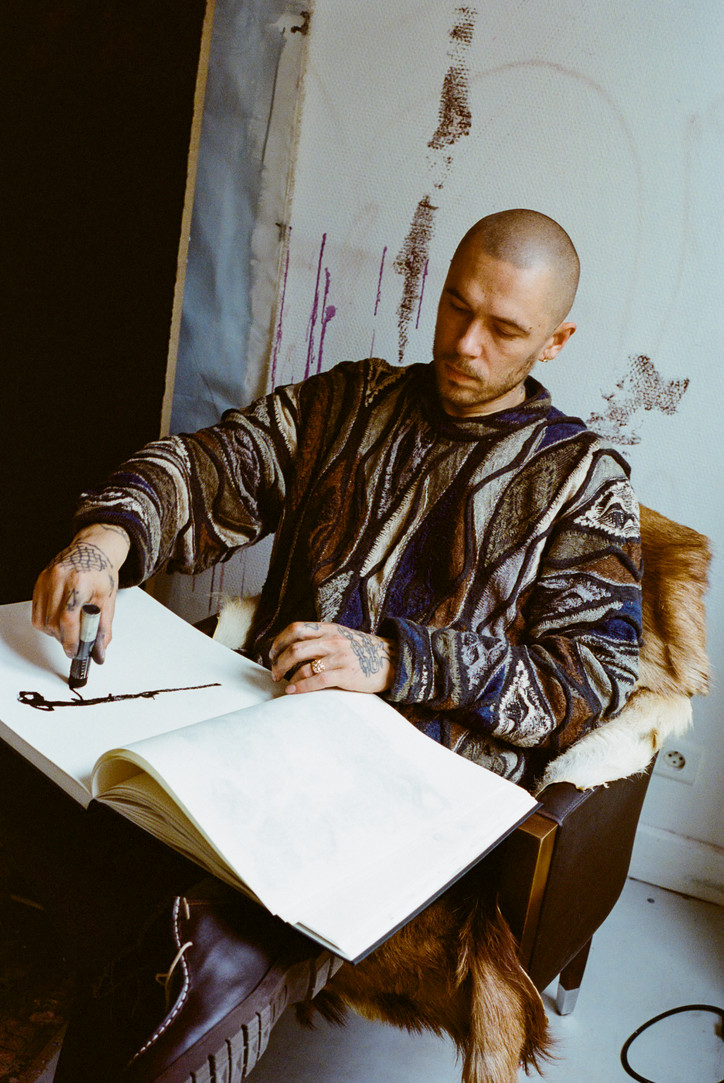
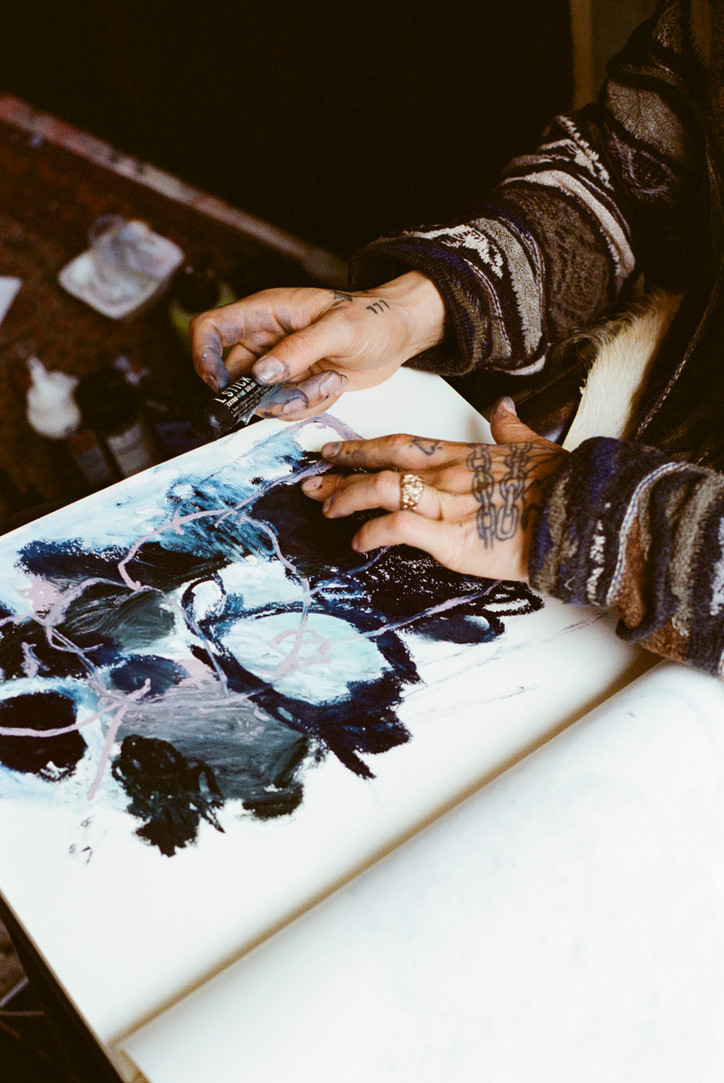
What was it like in Russia as things changed through the ’90s and early ’00s?
The early 2000s were really good because the ’90s were over and people were finally being relieved of poverty. Things started working properly and people were making good money. Things were nice. I made a mixed tape in ’09 where I was speaking out against the government and nobody cared. These were the last good moments for freedom of speech and everything … Then people started getting in trouble for things they said.
And you got into trouble yourself, speaking out on a radio station.
Yeah I was doing an interview right about when the war started — I mean, actually it started in 2014. But when this part of the tragedy began in 2022, it was so crazy because I had just made a music video in Ukraine a year beforehand. I’d spent months there with my family shooting in Kiev and Odessa. It was really nice and people recognized me. Everyone was so friendly. But then yeah, the war started a few months later and I had this interview on a national live-stream radio station. At the end of it, they asked me if there was anything I’d like to say before it was over and I said, “Yeah, I wish there would be an end to everyone’s suffering. I wish everyone love and peace.” And then I said, “Fuck the war,” in Russian. Everyone was shocked. The guy was looking at me in total disbelief. They just shut everything down immediately and the program director ran into our room. He was screaming at me, “What the fuck are you doing? You are going to jail. We are going to jail. We’re fucked!” I asked, “Can I go?” And he’s like, “Yeah, leave now.”
So you’re pretty scared at this point.
Of course I was scared. I was like, Why the fuck did I do that? I mean, I wanted to show my position, to say something to support the people — but the way I did it, it still makes no sense. I mean, it helps nobody. So I went outside and I sat in my car in silence just trying to process what had just happened. Like, What do I do now? I opened Instagram and people were messaging me, sending their respect, telling me how brave I was. Others were saying that they hated me because there was only one hip-hop station and now it’ll be closed because of me and I’m a motherfucker … And you know, actually, “Fuck the war,” when said in Russian, sounds much worse. And it’s almost like a motto, a saying that was invented by the band t.A.T.u. They actually put it on t-shirts and made it a famous, popular saying.
Oh wow. Yeah we all know the “All the Things You Said” song for sure. But had no idea about the other part! So what happened next?
I had a concert coming up a month or so later and the director called saying he might cancel it. He was afraid that the military might show up and check everyone for drugs or something. So we decided to still do the show but came up with a plan: we hired more security and made a second exit for everyone to leave in case the military arrived. And of course, we had weed but everything was controlled; we knew how to get rid of it quickly if we needed to … Anyways, things were fine, but I realized that I might want to just take a break and let things calm down for a bit. So I went to Georgia. I’d been there before and it’s such a beautiful place, super friendly people, nice food, nice weather, everything. So I decided to go for a few months in the summer. I brought a small suitcase of shorts, t-shirts, my music setup, some pencils for making art, etc. Just a handful of essentials for a casual month-long trip. But then they started the army draft mobilization in Russia and I was put on the wanted list. They went to my place where I was registered to find me. The other people living there while I was gone were so shocked when the army guys showed up looking for me with guns. They left some stamped official papers for me that say that if I avoid the draft, I’m breaking the law and will have to go to jail. They went three times in total and suspicious stuff happened as well. Like there was a guy who would stand all night next to the door and switch lights off. My neighbors were messaging me, saying that maybe I shouldn’t go back.
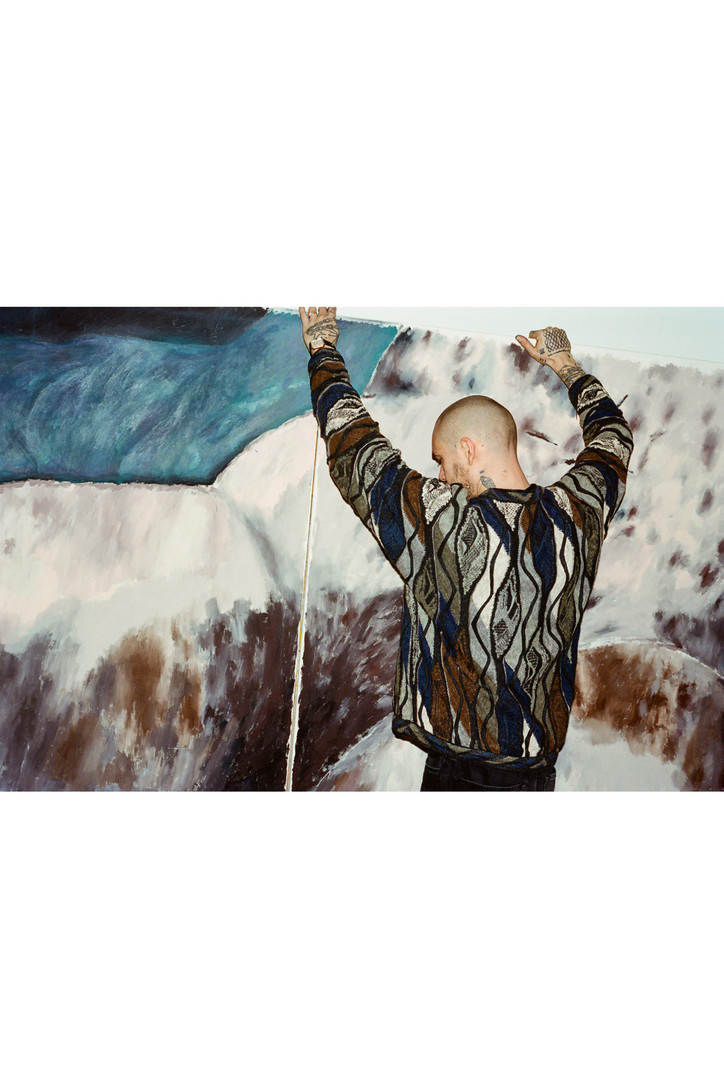
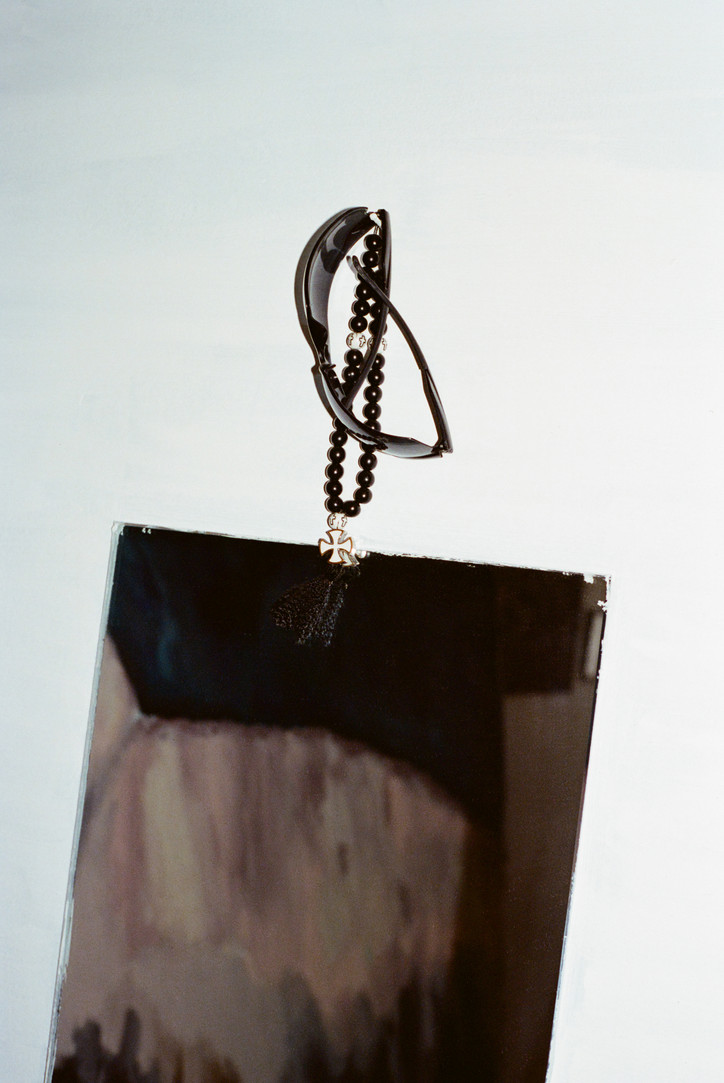
Yeah, you never know what’s actually going to happen to you at this point?
Yeah, I was like, Okay where am I going to go now? I wanted to improve my career, to move forward and do new things. But how do you get a visa anywhere when you’re Russian? France was the only country accepting artists who’d gained some success in their home countries. They opened a special humanitarian visa program for them. And this is what I applied for while still in Georgia. I had so many doubts. I had no idea if it was going to work out. What else would I do with my life? What would my life be like? But they approved me quickly. I was shocked. I was at this French embassy, with all these beautiful trees, in this super calm place, and there were birds singing outside. And they just gave me a French visa for a year. I couldn’t believe it.
How was Paris when you first arrived?
It’s so funny. The first place I lived in was a neighborhood called Stalingrad. And there are just crackheads screaming and laying around and peeing in the streets there. It’s the shittiest place in Paris, named after a city in Russia and I arrived here after being in beautiful Georgia with the birds singing in the trees. Georgia isn’t the wealthiest country, but it’s really wonderful. It’s a very happy place.
When did you join Beaux-Arts?
I had this dream to apply for many years, but I thought it was really impossible. I couldn't imagine learning French at this level and doing all the things. But when I was here, I realized that they accept many artists like me from all over the world.
What’s your experience been like so far?
I’ve always been drawing and painting, since I was young, just for myself. I always had this dream to be an artist. But I had this kind of identity crisis, which is better now than before. I love making music, still do, but I want to use the Russian language and now is not a good time for it. It’s of course always a good time to support people with your words, your ideas, whatever, but it’s not as effective right now, getting through. So I’m focusing on painting instead, which has a different audience. It’s not the same people that were listening to my music. It’s much harder too. It’s just an image, 2D. This is a new challenge for me. And being in a new country, not being able to speak their language, I am every day focusing entirely on making images to express myself. I’m also doing some ceramic sculptures and thinking of installation ideas. Looking at works I made just two years ago, I can see really good progress. I’m proud of myself. I’m happy. I’m trying to improve every day, with every new work. Trying new techniques, new lines, whatever.
I want to go back quickly to why you’re not making music anymore.
There are a few points. One of them is that it’s like leaving a relationship; in the beginning it’s too painful and you don’t want to relive some things, you don’t want to be reminded too much about it. And I guess that’s what I have with the music now. It’s so tied to Russia for me. So for now I really need to break that connection and start my new life, doing new things and meeting new people. The other point is that music is still this form of entertainment, even with a conscious message. With the war happening, you don’t want to pretend like it’s not. You need to address the reality. But I want to entertain people. I like to include a message, but I also like stupid music, that’s just for having fun. And it doesn’t feel like a time for this. I actually recorded an album while being here in Paris, but I want to wait until after the war is over to release it — which is probably never, but there's still that hope.
